780 episodes
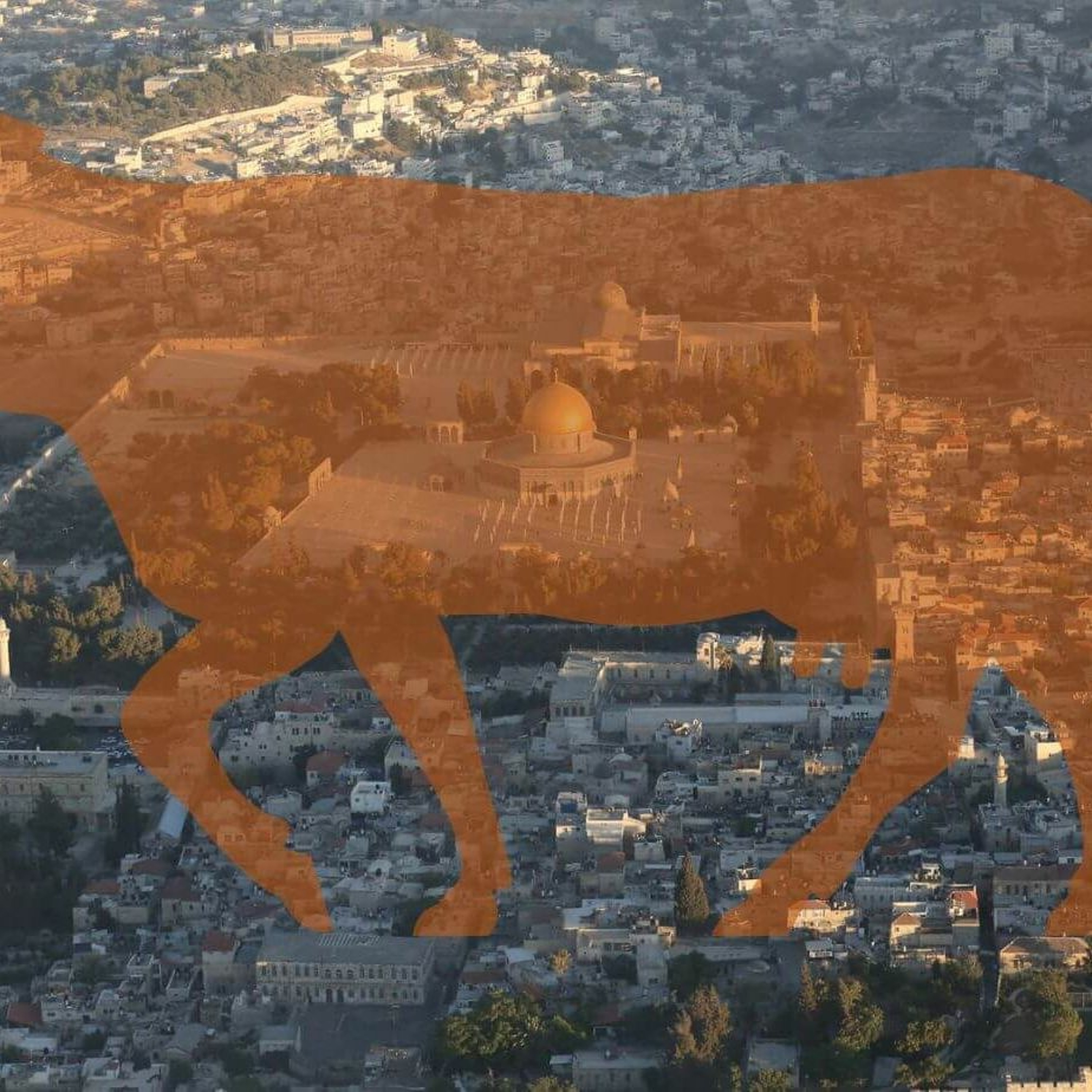

Parsha Talk with Rabbis Eliot Malomet, Barry Chesler and Jeremy Kalmanofsky. Parashat Tzav [Leviticus 6:1-8:36] coincides with Parashat Parah [maftir: Numbers 19:1-22; haftarah: Ezekiel 36:16-38], the third of the four special shabbatot before Passover. Tzav presents the priestly view of the sacrifices which were covered in last week’s parashah from the Israelite’s point of view. Our conversation touched upon a writing feature found in the second verse, the word moq’dah beginning with a small mem [equivalent to English m]. From there our conversation caught fire as it were! We hope you enjoy it! Our thoughts and prayers continue to be with the hostages, may they be returned to their homes safely, and the soldiers defending Israel, may they be removed from harm’s way. Shabbat Shalom.


Parsha Talk with Rabbis Eliot Malomet, Barry Chesler and Jeremy Kalmanofsky. Parashat Va-yiqra [Leviticus 1:1–5:26] coincides this year with Shabbat Zakhor [maftir, Deuteronomy 25:17-19; haftarah 1 Samuel 15:2–34] in anticipation of the holiday of Purim, which begins Saturday night, upon the conclusion of Shabbat. Parashat Va-yiqra, the opening parashat of Sefer Va-yiqra [Book of Leviticus], introduces the principal sacrifices of the Israelite Temple cult. We ourselves made a sacrifice this week, by devoting our conversation to the Book of Esther, read as part of the Purim observance on Saturday night and Sunday morning. Many have noted that the story of Esther reads very differently this year, given the particular course of Jewish and Israeli history since the war began on October 7th. Our heartfelt wishes for a freiliche Purim [a joyous Purim], perhaps more important this year in a world where Israel is at war and hostages continue to be held captive. Sometimes we have to take what the calendar gives us, and make of it what we will. In that spirit, חג פורים שמח! [Hag Purim Same’ah, Happy Purim]! Our thoughts and prayers continue to be with the hostages, may they be returned to their homes safely, and the soldiers defending Israel, may they be removed from harm’s way. Shabbat Shalom.
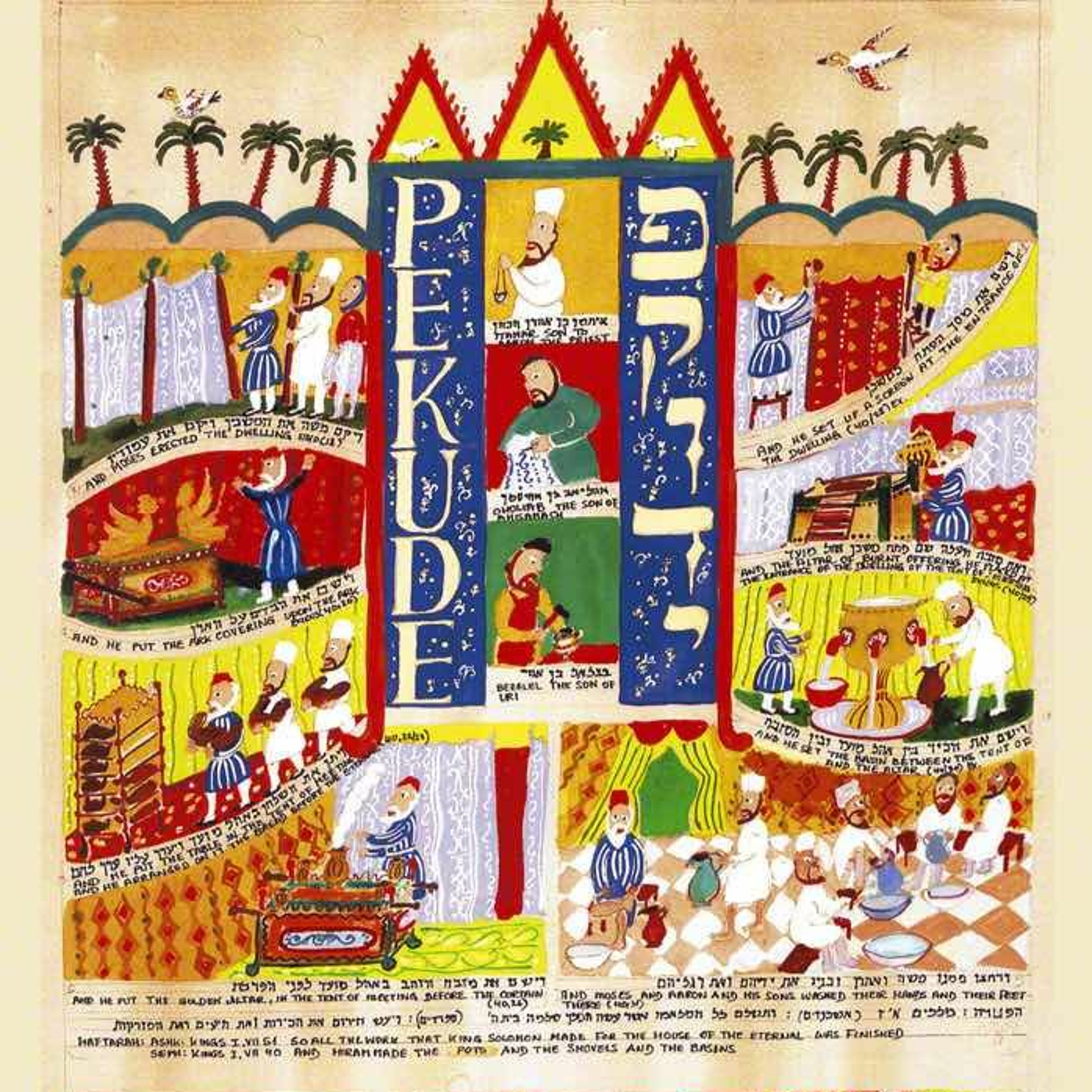

Parsha Talk with Rabbis Eliot Malomet, Barry Chesler and Jeremy Kalmanofsky. With the reading of parashat P’qudai [Exodus 38:21–40:38] we conclude the reading of the Book of Exodus. We have already seen most of this material in parashat T’tzavveh three weeks ago. Our conversation focused on the last several verses [40:34–38], comprising the maftir aliyah. We discussed what the verses themselves mean as well as the arc of the Book of Exodus itself. We hope you enjoy it! It is customary to say חזק חזק ונתחזק [hazzaq, hazzaq, v-nit’hazzeq, let us be strong, let us be strong, let us be strengthened] upon the conclusion of each of the five books of the Torah. May we continue to find strength in Torah, and Torah study, as we navigate these difficult days. Our thoughts and prayers continue to be with the hostages, may they be returned to their homes safely, and the soldiers defending Israel, may they be removed from harm’s way. Shabbat Shalom.
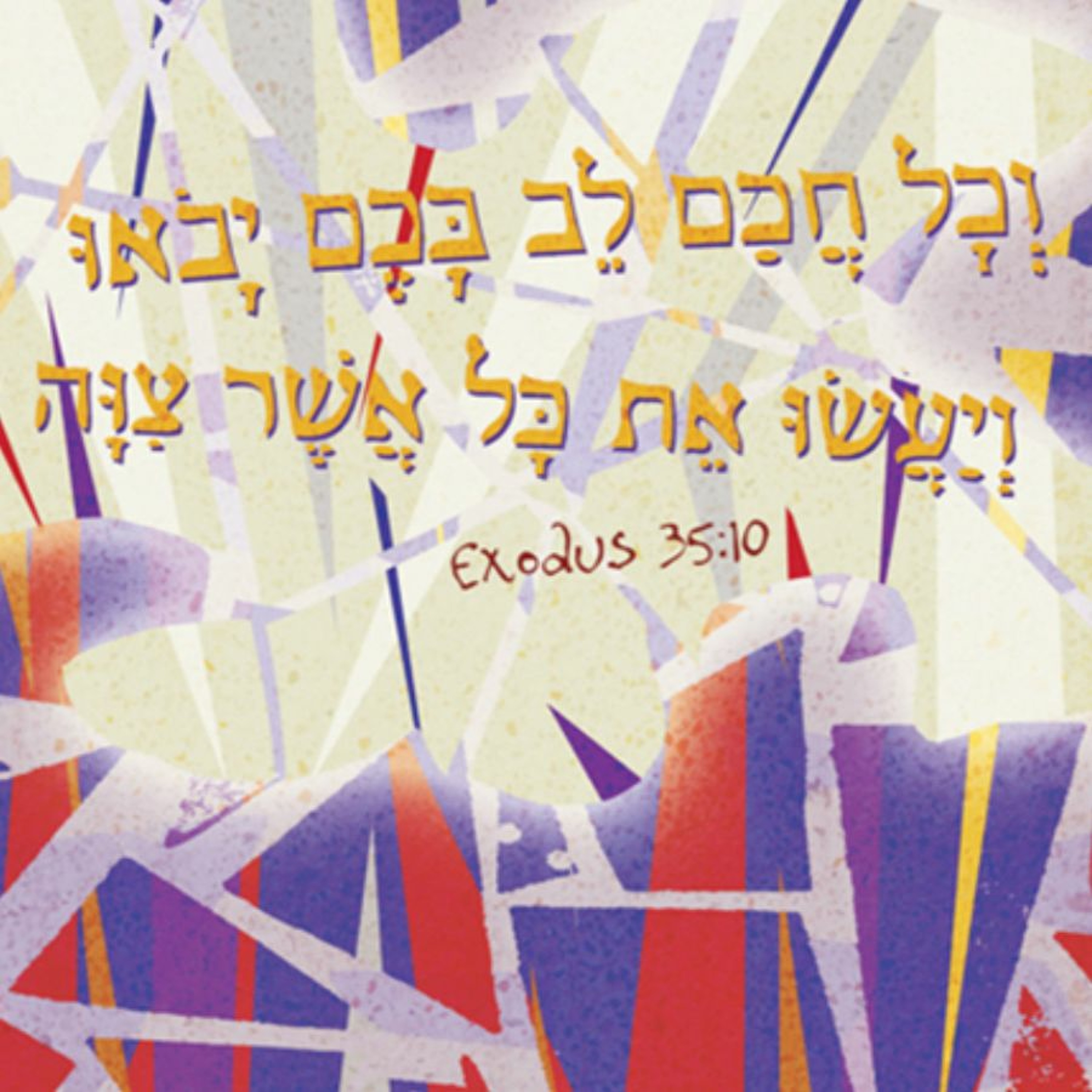

Parsha Talk with Rabbis Eliot Malomet, Barry Chesler and Jeremy Kalmanofsky. Parashat Va-yaqhel [Exodus 35:1-38:20] coincides with Shabbat Sheqalim [special maftir (Exosdus 30:11-16) and haftarah (I Kings 12:1-17)], the first of the four special shabbatot preceding Passover. Whereas the previous three parashiyot concern the plans for the mishkan [tabernacle], Va-yaqhel and P’qudai [next week] concern themselves with the execution. There seems to be a lot of repetition. Our conversation focused primarily on the opening passaged, the intriguing opening word, va-yaqkel [and he (Moshe) gathered], the specification of kol edah [the entire congregation], and the connection of the mishkan with Shabbat. Our thoughts and prayers continue to be with the hostages, may they be returned to their homes safely, and the soldiers defending Israel, may they be removed from harm’s way. Shabbat Shalom.
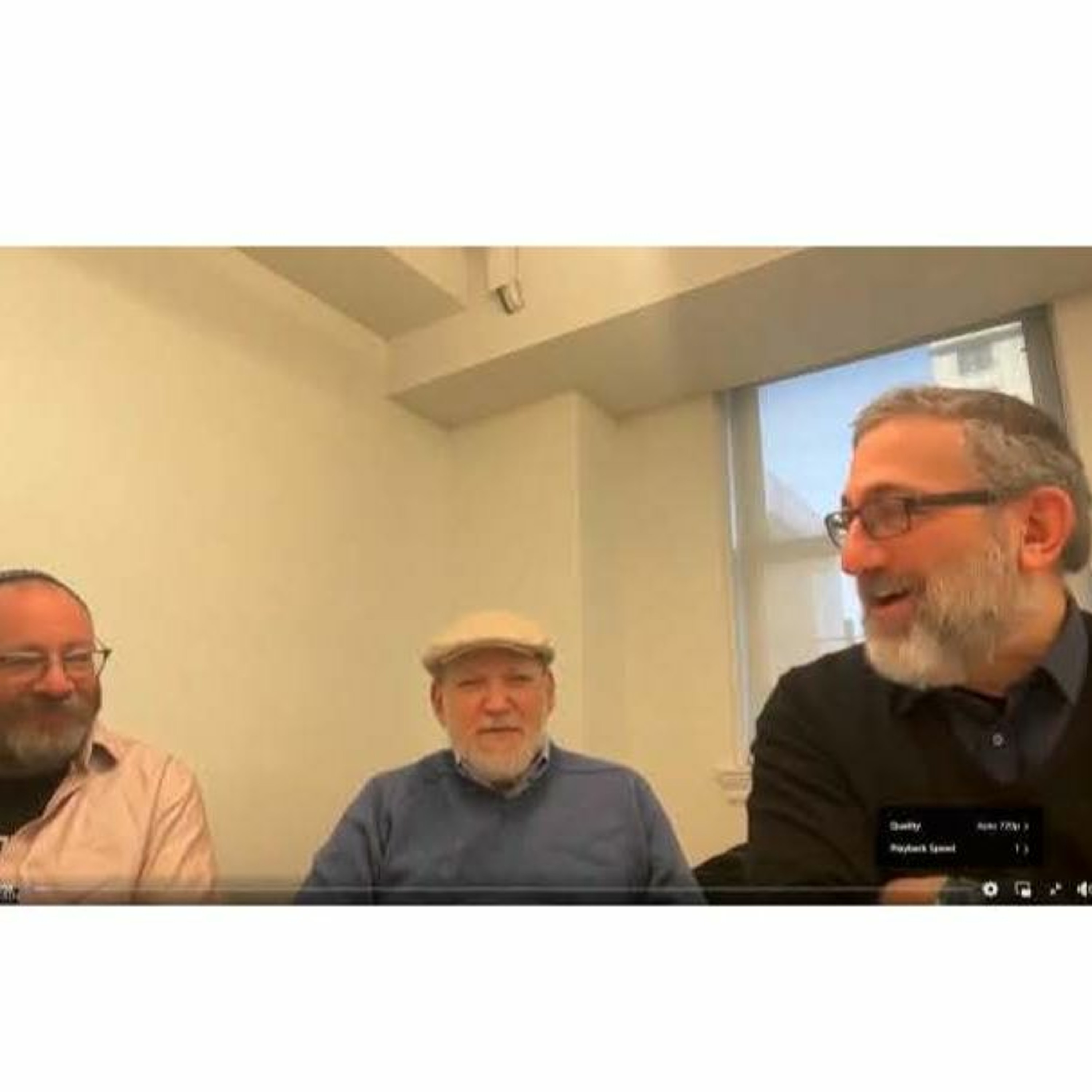

Parsha Talk with Rabbis Eliot Malomet, Barry Chesler and Jeremy Kalmanofsky. Parashat Ki Tissa [Exodus 30:11-34:35] features the episode of the Golden Calf, one of the great sins of the Exodus generation. In the rabbinic imagination, it is paired with the sin of the spies, bracketing the 3-week period of mourning introduced by the 17th of Tammuz and culminating with the 9th of Av. The sin itself is not so easy to understand, in part because of the curious use of the word Elohim, here used to refer to pagan gods, with the plural verb; when Elohim refers to God, the verb is always in the singular. The sin sets in motion a number of events, including the removal of the Tent of Meeting to outside the camp and God’s revelation in private to Moses. The passage, including chapter 34, is so rich, we hardly had time to take note of the opening passage which we will read again as the maftir for Shabbat Sheqalim, the first of the 4 special shabbatot preceding Passover, next week. or the other details concerning the Tabernacle. Our thoughts and prayers continue to be with the hostages, may they be returned to their homes safely, and the soldiers defending Israel, may they be removed from harm’s way. Shabbat Shalom.
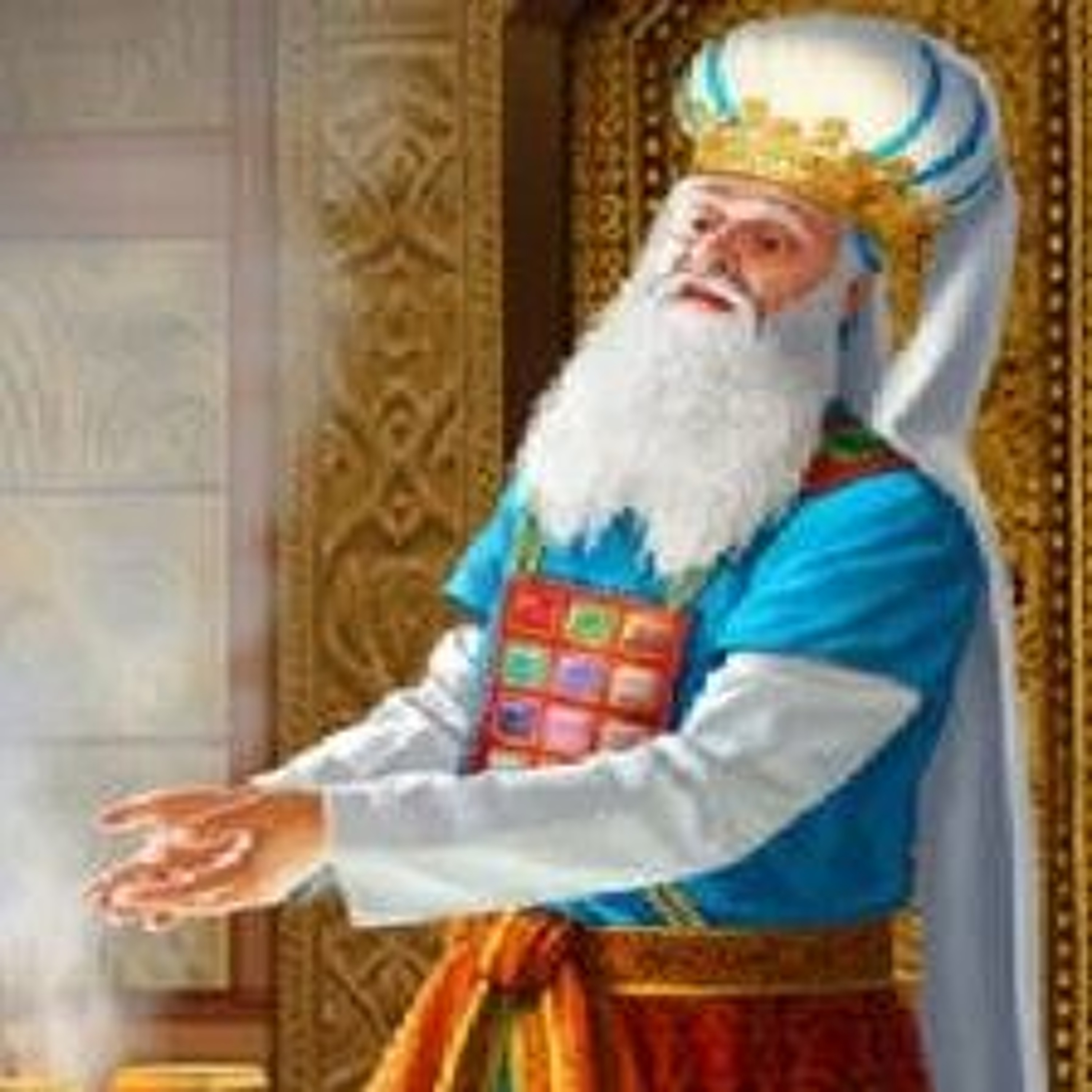

Parsha Talk with Rabbis Eliot Malomet, Barry Chesler and Jeremy Kalmanofsky. Parashat T’tzavveh [Exodus 27:20-30:10] deals mostly with the priestly vestments and the installation of the priests. It raises the question: do the clothes make the person or the person make the clothes? In our conversation we attempt to address this question, though you may find we skirt it more than you like and barely touch other aspects which you might think require more attention. Such is the style of our conversation this week! Our thoughts and prayers continue to be with the hostages, may they be returned to their homes safely, and the soldiers defending Israel, may they be removed from harm’s way. Shabbat Shalom.
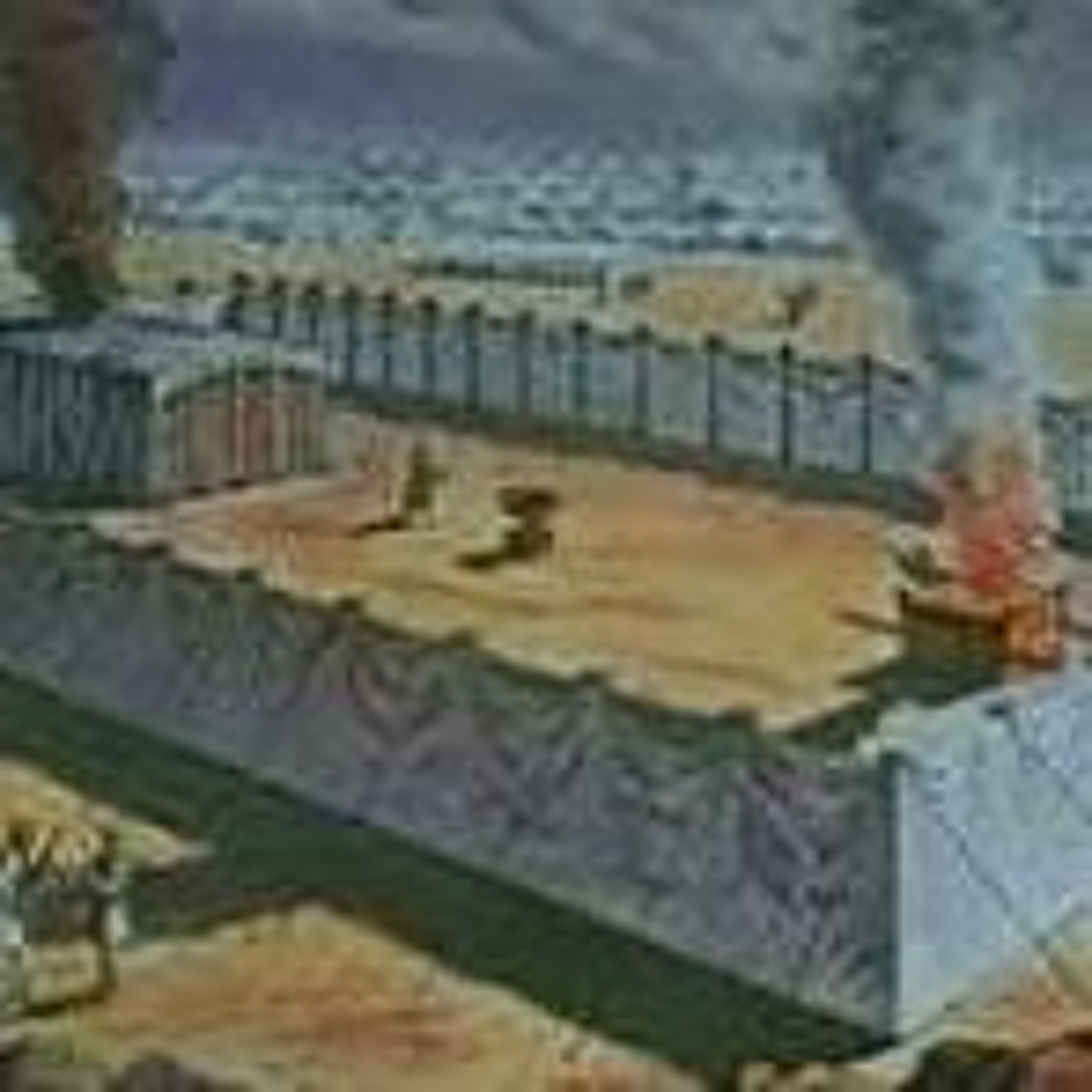

Parsha Talk - with Rabbis Eliot Malomet, Barry Chesler and Jeremy Kalmanofsky. Parashat T’rumah [Exodus 25:1-27:18] is the first of three successive parashiyot which take up the plans for building the Tabernacle and its furnishings. Given the details I think it fair to say that the content is an acquired taste and not everyone gets that far! There is the well-known verse [25:8] וְעָשׂוּ לִי מִקְדָּשׁ וְשָׁכַנְתִּי בְּתוֹכָם “And let them make Me a sanctuary that I may dwell among them”. In the JPS Torah Commentary on Exodus, Nahum Sarna draws attention to the unusual locution which suggests that the purpose of the sanctuary is to enable God to dwell among the people. In our conversation, we talk about this verse, and more generally about how we construct holy space and holy time, and how these bear on our religious experience. We hope you enjoy it! Our thoughts and prayers continue to be with the hostages, may they be returned to their homes safely, and the soldiers defending Israel, may they be removed from harm’s way. Shabbat Shalom.
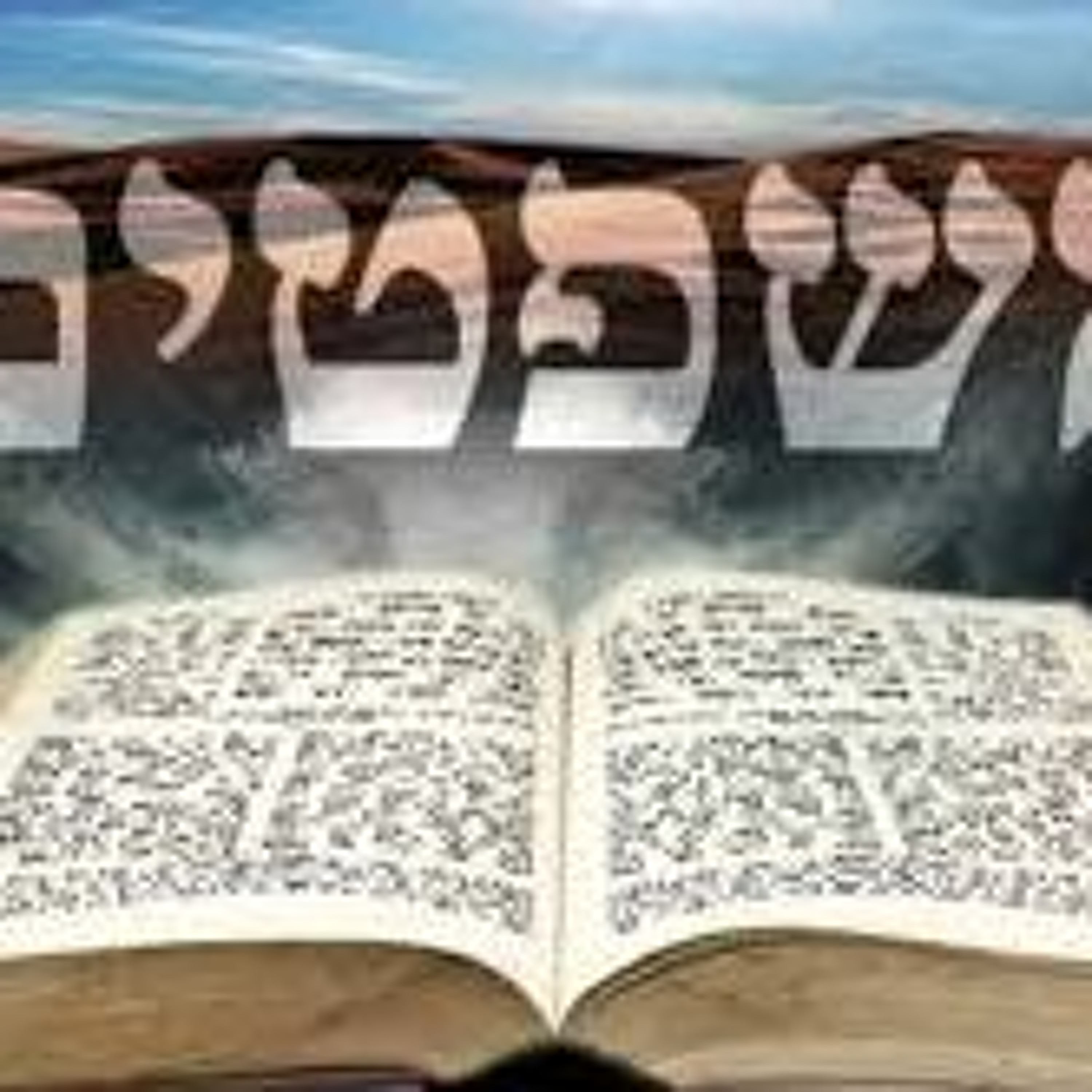

Parsha Talk - with Rabbis Eliot Malomet, Barry Chesler and Jeremy Kalmanofsky. Parashat Mishpatim [Exodus 21–24] is the sixth parashah of Sefer Sh’mot. It is made up almost entirely of what Biblical scholars call the Covenant Code, the exact parameters of which scholars disagree. Suffice it to say, after the drama of the Revelation at Mount Sinai comes a litany of laws. What exactly is the relationship between the two? We discuss Rashi’s comment as well as offer our own interpretations of the exact connection between what one might call the poetry of revelation with the prose of legislation. Give a listen and let us know what you think is here, below, or at parshatalk@gmail.com. As the war is about to enter its fifth month, we are about to begin our 5th year of Parashah Talk. May the study of Torah sustain us during these difficult times. Our thoughts and prayers continue to be with the hostages, may they be returned to their homes safely, and the soldiers defending Israel, may they be removed from harm’s way. Shabbat Shalom.
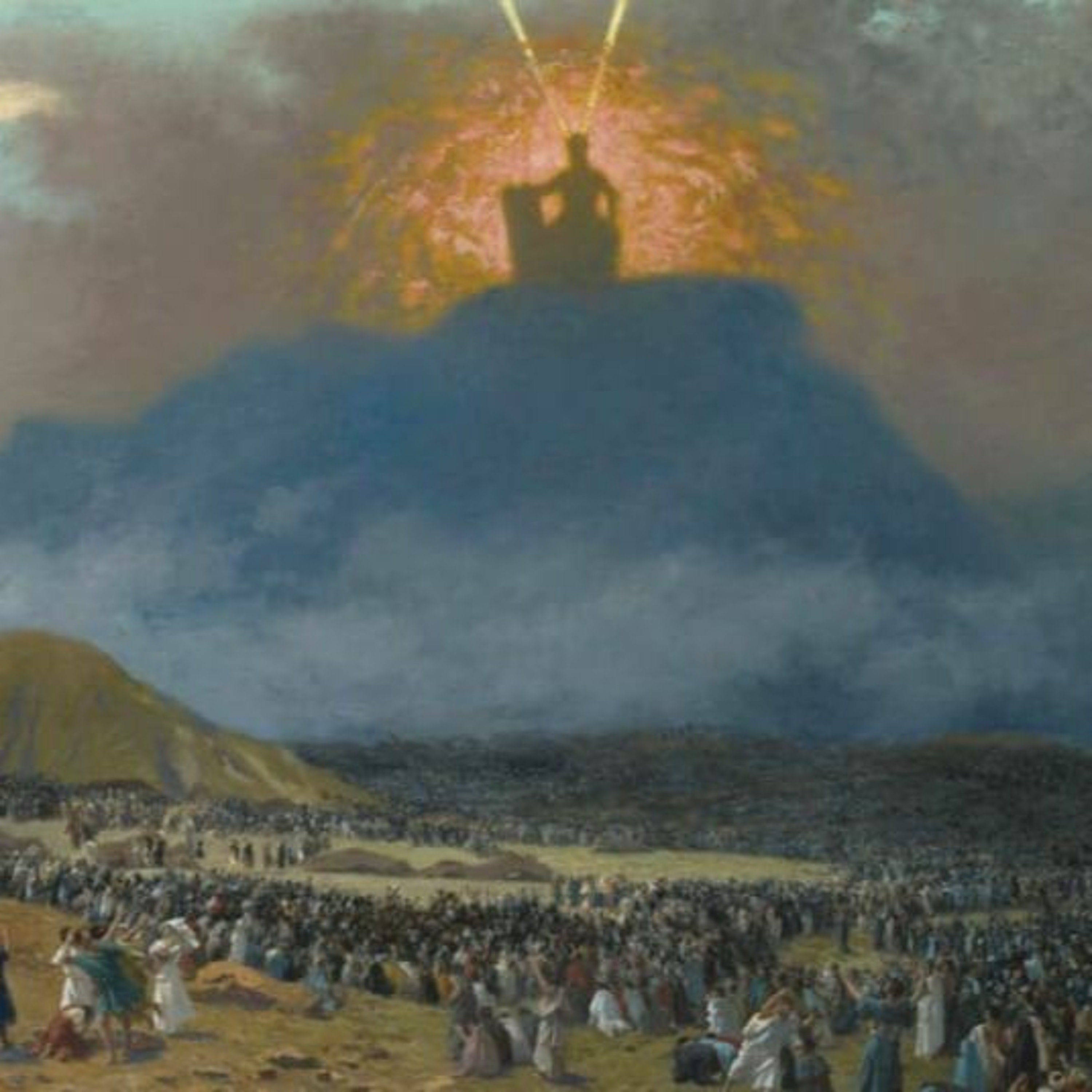

Parsha Talk with Rabbis Eliot Malomet, Barry Chesler and Jeremy Kalmanofsky. Parashat Yitro [Exodus 18–20] is the fifth parashah in the Book of Exodus. It features the 10 commandments which was the topic of most of our conversation. How does the Sh’ma compare with the Ten Commandments? What meaning might these commandments have for us today? How do we evaluate them as a text? These are some of the questions we discuss. We’ll leave for another time chapters 18 [the arrival of Yitro and the establishment of the judiciary] and 19, the description of the event of revelation. There is always next year! Our thoughts and prayers continue to be with the hostages, may they be returned to their homes safely, and the soldiers defending Israel, may they be removed from harm’s way. Shabbat Shalom.
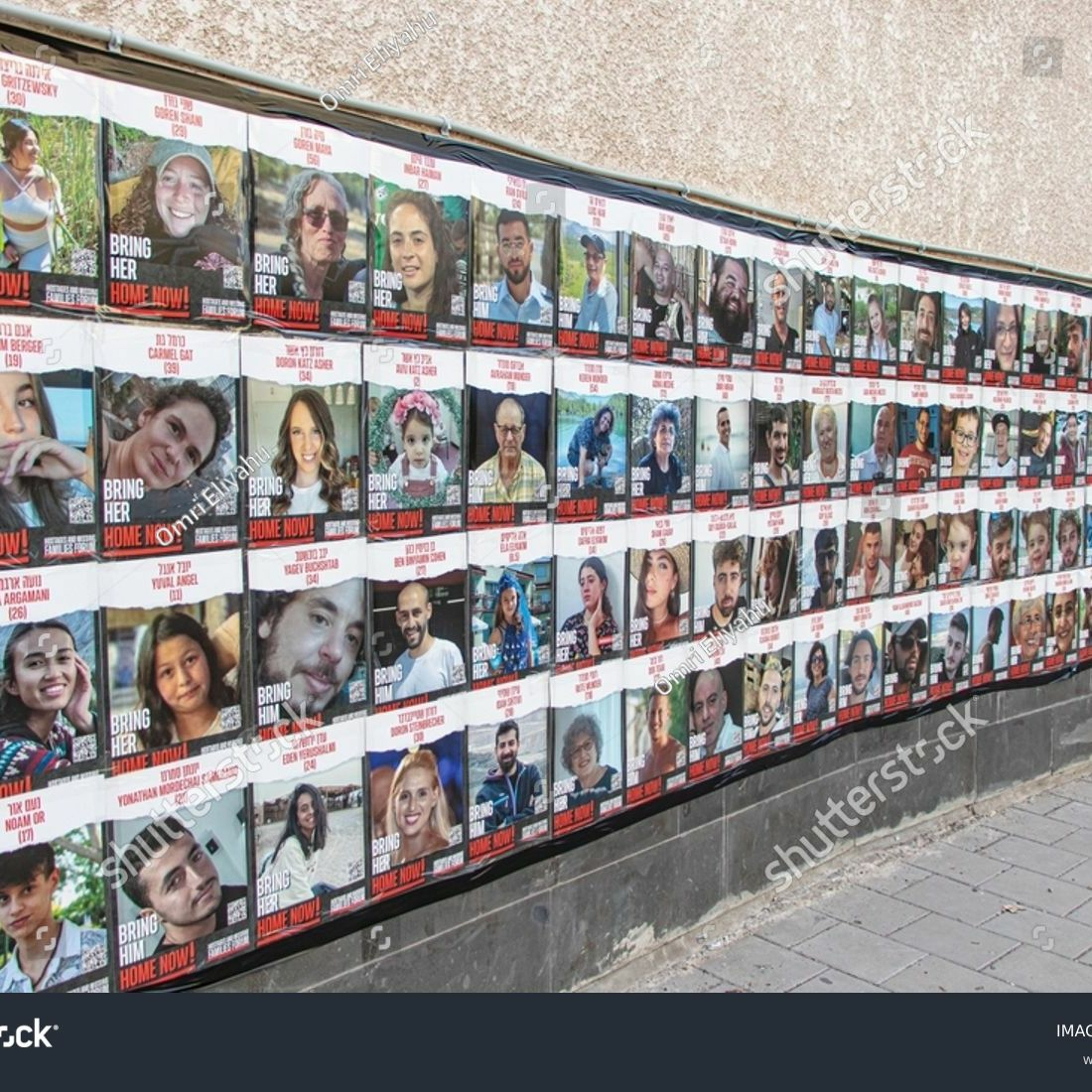

Parsha Talk with Rabbis Eliot Malomet, Barry Chesler and Jeremy Kalmanofsky. Parashat B’shallach [Exodus 13:17–17:16], the fourth parashah in Sefer Sh’mot [the Book of Exodus] features the Song of the Sea [Exodus 15:1–19], which has become part of the morning prayer service. In introducing the show, Eliot framed our discussion as Anatomy of a Scene. We examined the four main figures [God, Moshe, Pharaoh, B’nai Yisrael], seeking to understand their motivations, evaluating their words and actions. This is a rather different approach for us, so we want to know how you liked it! Feel free to leave comments below, or write us at parshatalk@gmail.com. Our thoughts and prayers continue to be with the hostages, may they be returned to their homes safely, and the soldiers defending Israel, may they be removed from harm’s way.
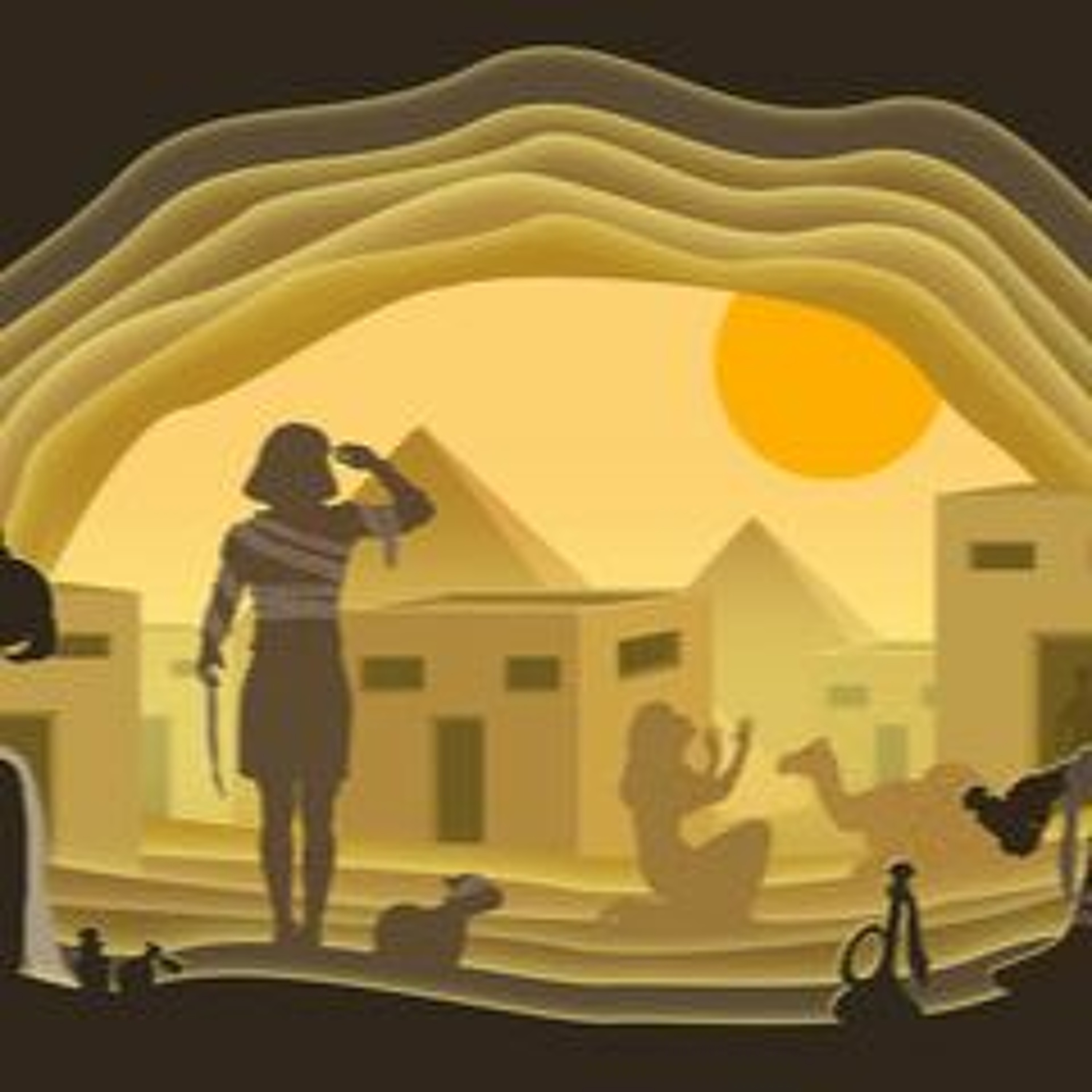

Parsha Talk with Rabbis Eliot Malomet, Barry Chesler and Jeremy Kalmanofsky. Parashat Bo [Exodus 10:1–13:16] is the third parashah in Sefer Sh’mot [Book of Exodus]. It relates the last 3 plagues, describes the original Passover celebrated in Egypt and prescribes what should happen in subsequent generations, and concludes with the first 16 verses of chapter 13, which comprise the third and fourth passages in the tefillin, the ritual objects worn during the daily worship service by those who consider themselves so obligated. Chapter 12 in particular, at 51 verses one of the longest in the Torah, is particularly rich, and is one of my favorites. We will meet it later as the maftir [additional reading] on Shabbat Ha-Hodesh, the fourth of the four special parashiyot preceding Passover and the Torah reading for the first day of Passover. In our conversation we took up the enigmatic verse in which Pharaoh apparently asks Moshe and Aaron to bless him on their way out of Egypt [12:32] and considered whether or not Pharaoh shows any humanity. We considered the power of narrative [or, storytelling], and its connection to redemption. And we concluded with a few thoughts on the meaning of ritual. We hope you enjoy it! Our thoughts and prayers continue to be with the hostages, may they be returned to their homes safely, and the soldiers defending Israel, may they be removed from harm’s way. Shabbat Shalom.
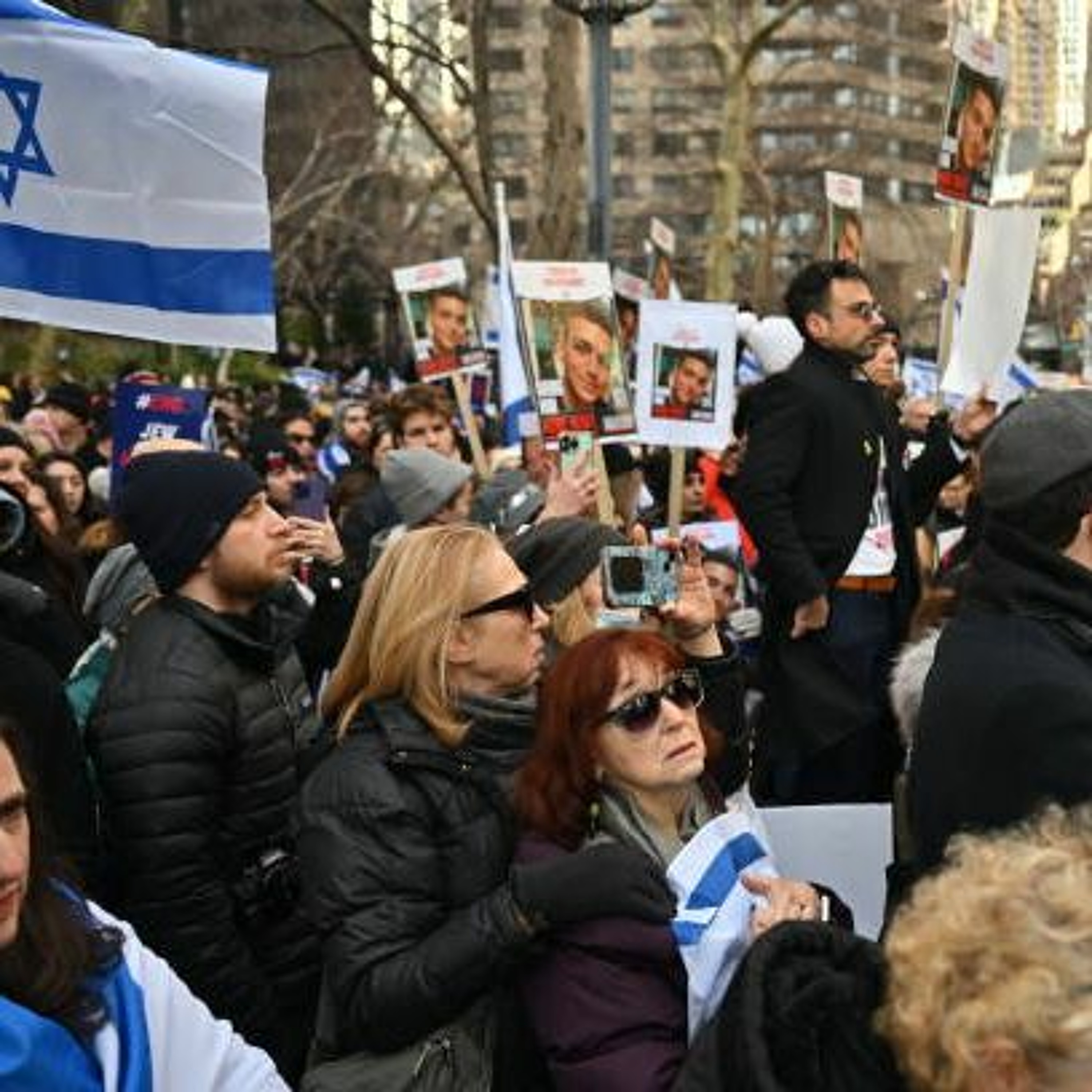

Parsha Talk with Rabbis Eliot Malomet, Barry Chesler and Jeremy Kalmanofsky. Parashat Va-era [Exodus 6:2–9:35] is the 2nd parashah of Exodus. Unlike many of the parashiyot, it takes its name from the first word of the 2nd sentence, in which God declares that He appeared to the patriarchs as El-Shaddai, but did not make known to them the 4-letter name, YHVH. In modern critical scholarship this verse looms large, but alas, that is the subject of another conversation. We focused our attention on the phrase sh’lakh et ammi v’-ya’avduni, a trope in this chapter in its manifold iterations. It translates as “send forth My people, they might worship Me”. We spent most of our conversation trying to unpack this enigmatic phrase. Near the end we took up Moses’ description of himself as aral-s’fata’im, of uncircumcised lips. What did Moses intend to say about himself in describing himself so? There is much we did not get to, including the 7 plagues and the verses of redemption [6:6–8], which are the foundation of the 4 cups of wine at the Pesach Seder. We hope you enjoy what we did talk about! Please let us know, here on Facebook or at parshatalk@gmail.com Our thoughts and prayers continue to be with the hostages, may they be returned to their homes safely, and the soldiers defending Israel, may they be removed from harm’s way. Shabbat Shalom.
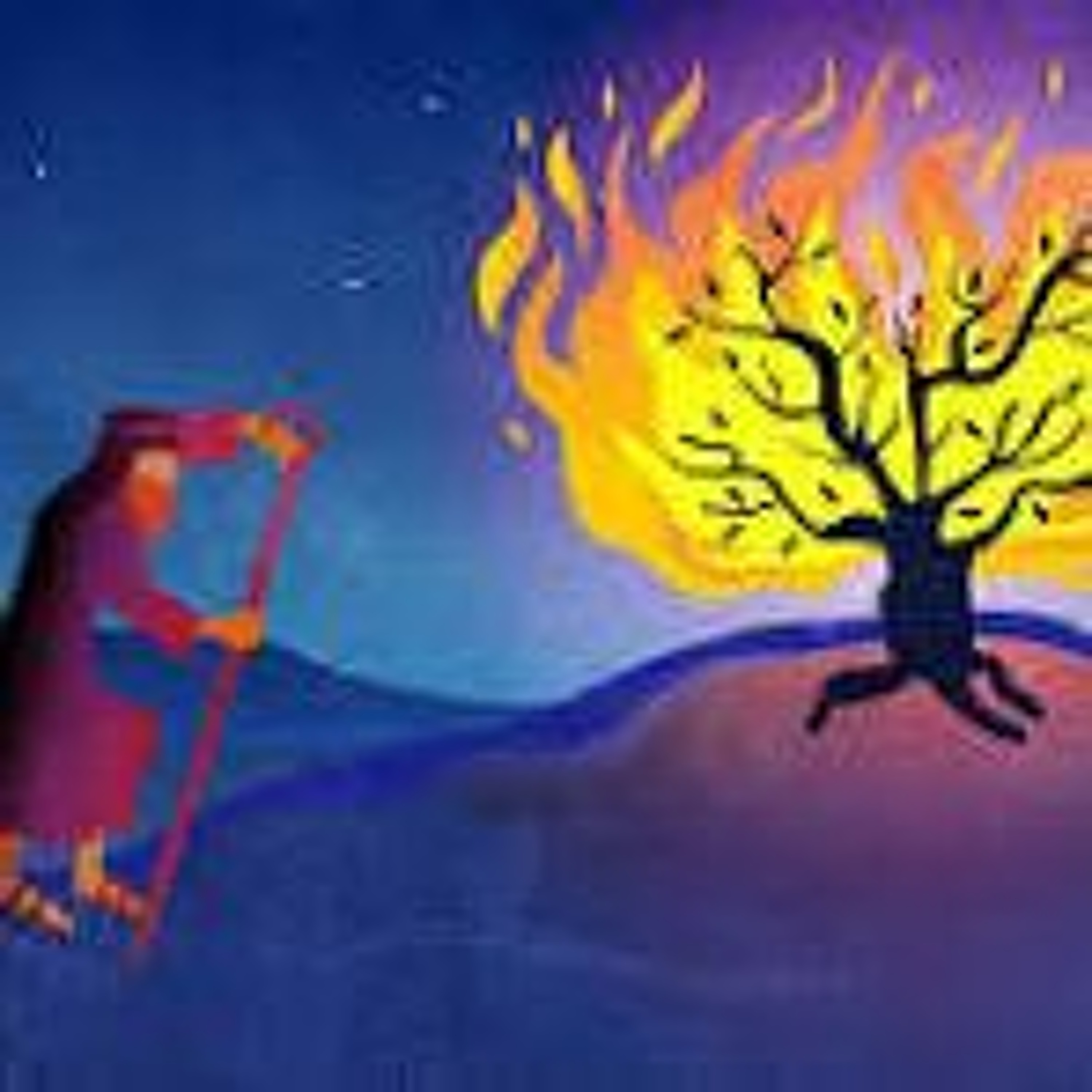

Parsha Talk with Rabbis Eliot Malomet, Barry Chesler and Jeremy Kalmanofsky. Parashat Shemot [Exodus 1:1–6:1] opens the Book of Exodus [Shemot in Hebrew]. It summarizes the end of Genesis in a few verses wherein בני ישראל [b’nai Yisrael] the biological children of the patriarch Jacob who had been renamed Israel, becomes עם בני ישראל [am b’nai yisrael], the mighty nation of Israelites. Very quickly, the anxious ending of Genesis gives way to Pharaoh’s plan to oppress the people with hard work in order to suppress their population growth, instructions to the midwives to murder infant boys in the guise of stillbirth, culminating with genocide by having all Israelite boys thrown into the Nile. We then meet Moses, who will, in turn, meet God, the God of the ancestors, and who instructs him to liberate the Israelities from bondage. Moses is a reluctant leader, claiming to be of heavy mouth and tongue; God appoints Aaron to be his mouthpiece. There first venture into diplomacy ends with abject failure, for Pharaoh only increases the burden on the Israelites. The parashah ends with God telling Moses that now he will see what God will do to Pharaoh. So there is a moment of uplift at the end. So much for the story line. In our conversation we set the scene for the opening of the book, and among other things, discussed the character of Moses as revealed in the 3 events narrated in chapter two, where he slays an Egyptian, intervenes in a dispute between 2 Israelites, and rescues Midianite shepherdesses, leading to his marriage to one of them. What actually is the identity of Moses? We hope you enjoy it! Our thoughts and prayers continue to be with the hostages, may they be returned to their homes safely, and the soldiers defending Israel, may they be removed from harm’s way. Shabbat Shalom.
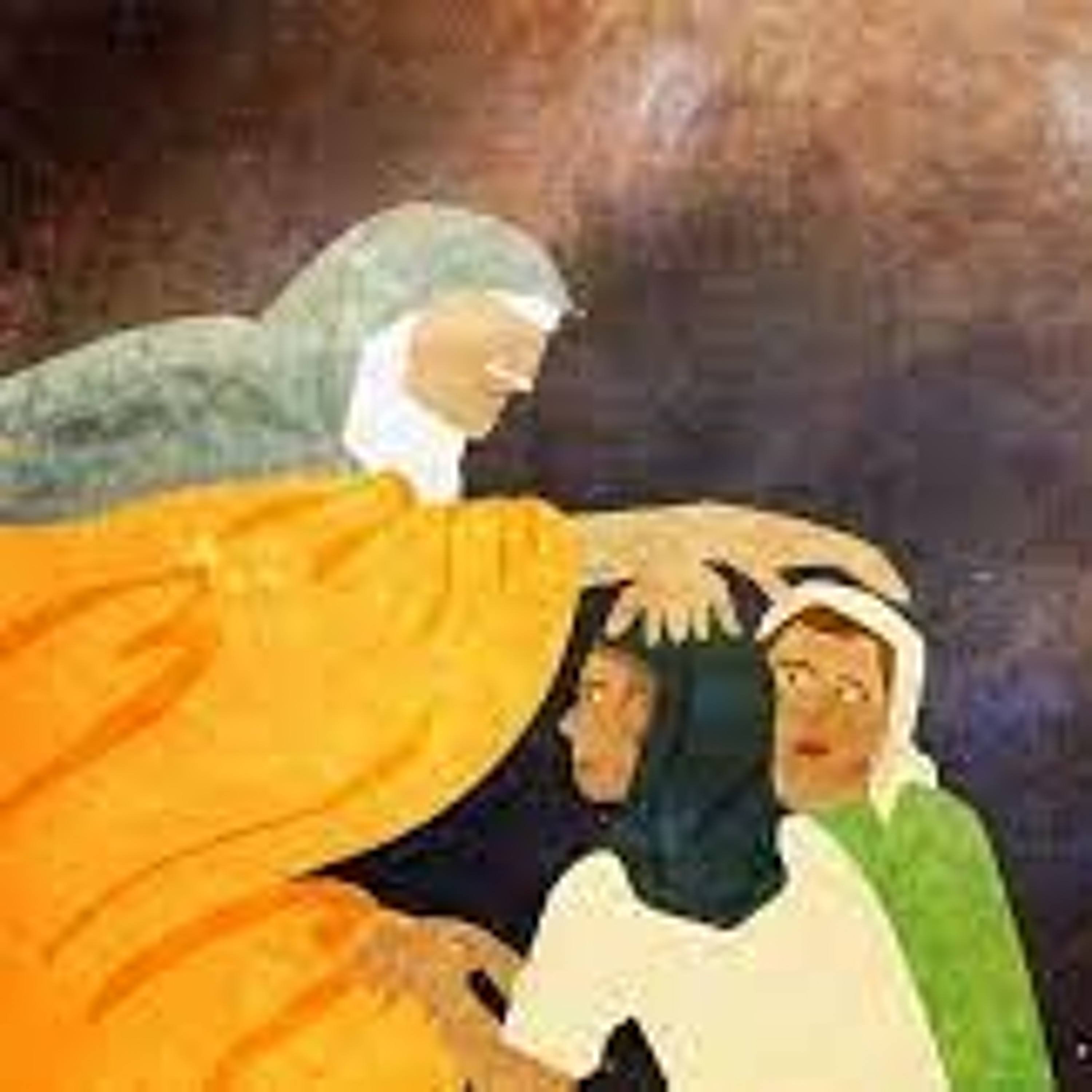

Parsha Talk with Rabbis Eliot Malomet, Barry Chesler and Jeremy Kalmanofsky. Parashat Va-yehi [Genesis 47:28–50:26] is the twelfth and final parashah of Genesis. We address the overall theme/direction of the book, and how it fits into the Torah. We also discuss the burial of Jacob: why does he insist on being buried in the ancestral grave? As always [we hope] the conversation is spirited, and we hope you enjoy it! As daylight increases now that we have passed the winter solstice, may light again increase in the world as well. Again this week, our thoughts and prayers are with the hostages, may they be returned to their homes safely, the soldiers fighting in defense of Israel, may they be removed from harm’s way, and all those affected by this war, both near and far. May the One Who brings peace in the heavens, bestow it upon us on earth as well. Shabbat Shalom
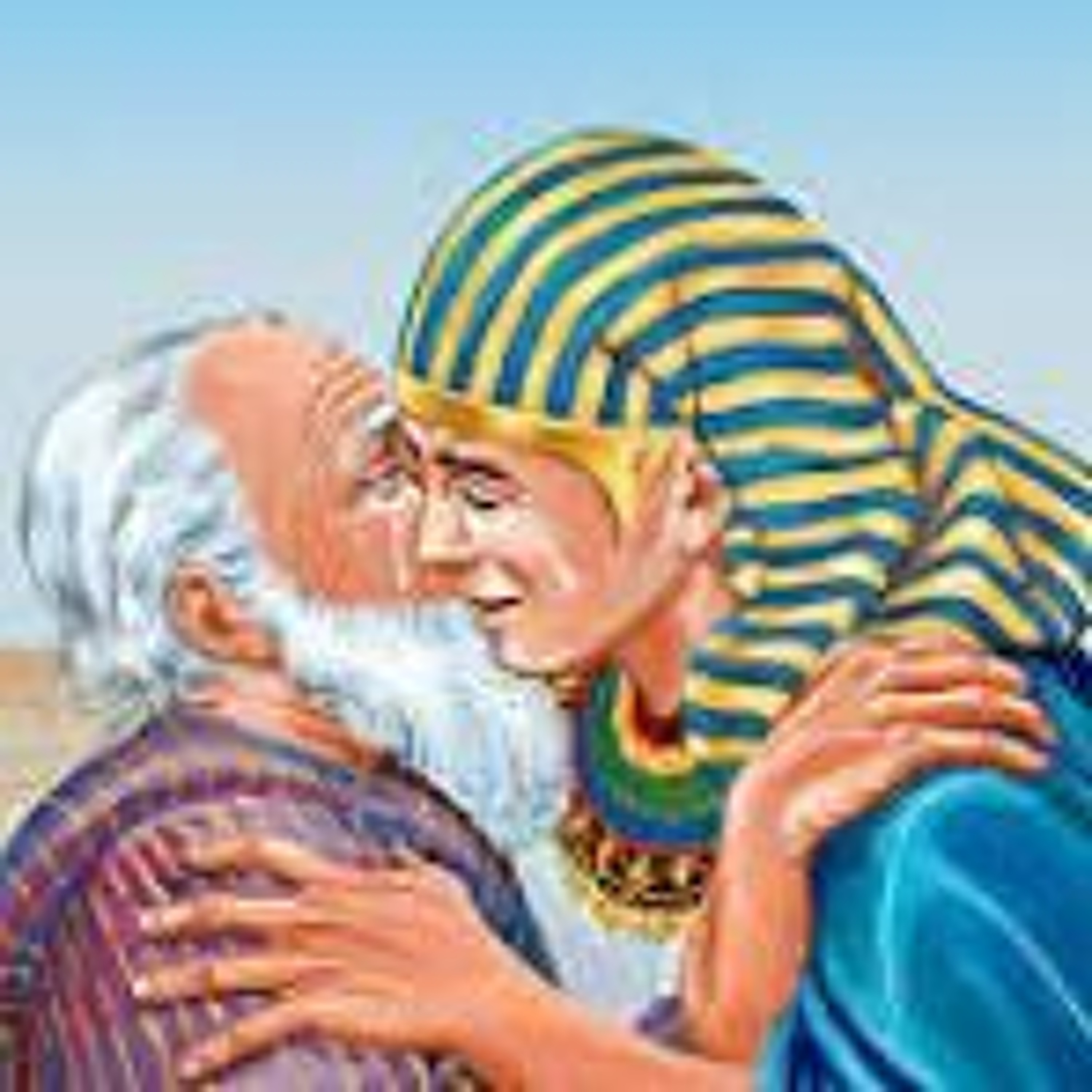

Parsha Talk with Rabbis Eliot Malomet, Barry Chesler and Jeremy Kalmanofsky. Parashat Va-yigash [Genesis 44:18–47:27] is the penultimate parashah of the Book of Genesis. It opens with Judah’s plea to Joseph to take him as captive instead of Benjamin. The events unfold quickly which lead to the reconciliation of the brothers, the descent of Jacob and his family into Egypt, a genealogy [interesting enough on its own, but which we leave for another time], the reunion of Jacob and Joseph, the meeting between Jacob and Pharaoh, and concluding with what Nahum Saran in his JPS Commentary, calls “Joseph’s Agrarian Policies”. We focused on what seems to us a few of the key verses of the parashah. As becomes abundantly clear, biblical stories are never quite how they appear to us even the last time we encountered them. We hope you enjoy our conversation! Again this week, our thoughts and prayers are with the hostages, may they be returned to their homes safely, the soldiers fighting in defense of Israel, may they be removed from harm’s way, and all those affected by this war, both near and far. May the One Who brings peace in the heavens, bestow it upon us on earth as well. Shabbat Shalom.
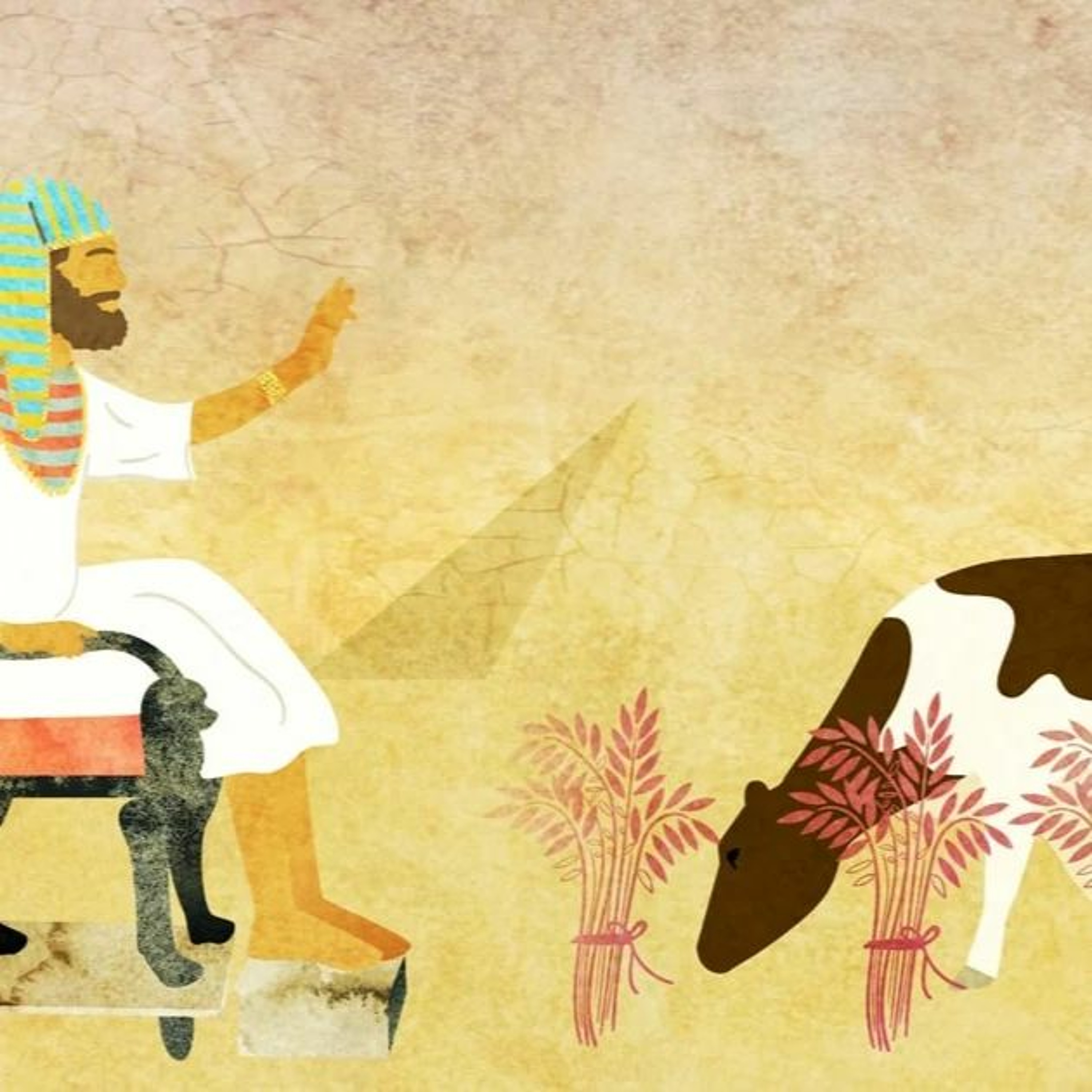

Parsha Talk with Rabbis Eliot Malomet, Barrry Chesler and Jeremy Kalmanofsky. According to Eliot, Parashat Mikketz [Genesis 41:1–44:17] is the second-most amazing parashah in the entire Torah, coming a week after his Bar Mitzvah parashah. This parashah is the heart of the Joseph story: Joseph’s interpretation of Pharaoh’s dreams and subsequent elevation to second-in-command to Pharaoh, and the scenes with his brothers who have come to Egypt to buy grain. Joseph, as is well-known, tests his brothers, to see if they have changed. Our conversation focused almost exclusively on Joseph’s character. Has Joseph changed since that fateful day he was sold into slavery? The Hebrew of one of the verses makes the illuminating connection between recognition and strangeness, and estrangement, all with the same three letter root: nun, kaf, resh. We hope you enjoy it! As always, our thoughts and prayers are with the hostages, may they be restored to their families speedily, and with the soldiers defending Israel, may they be removed from harm’s way. As Hanukkah draws to a close, may the lights we kindle continue to burn ever more brightly long after the conclusion of the holiday. Shabbat Shalom!
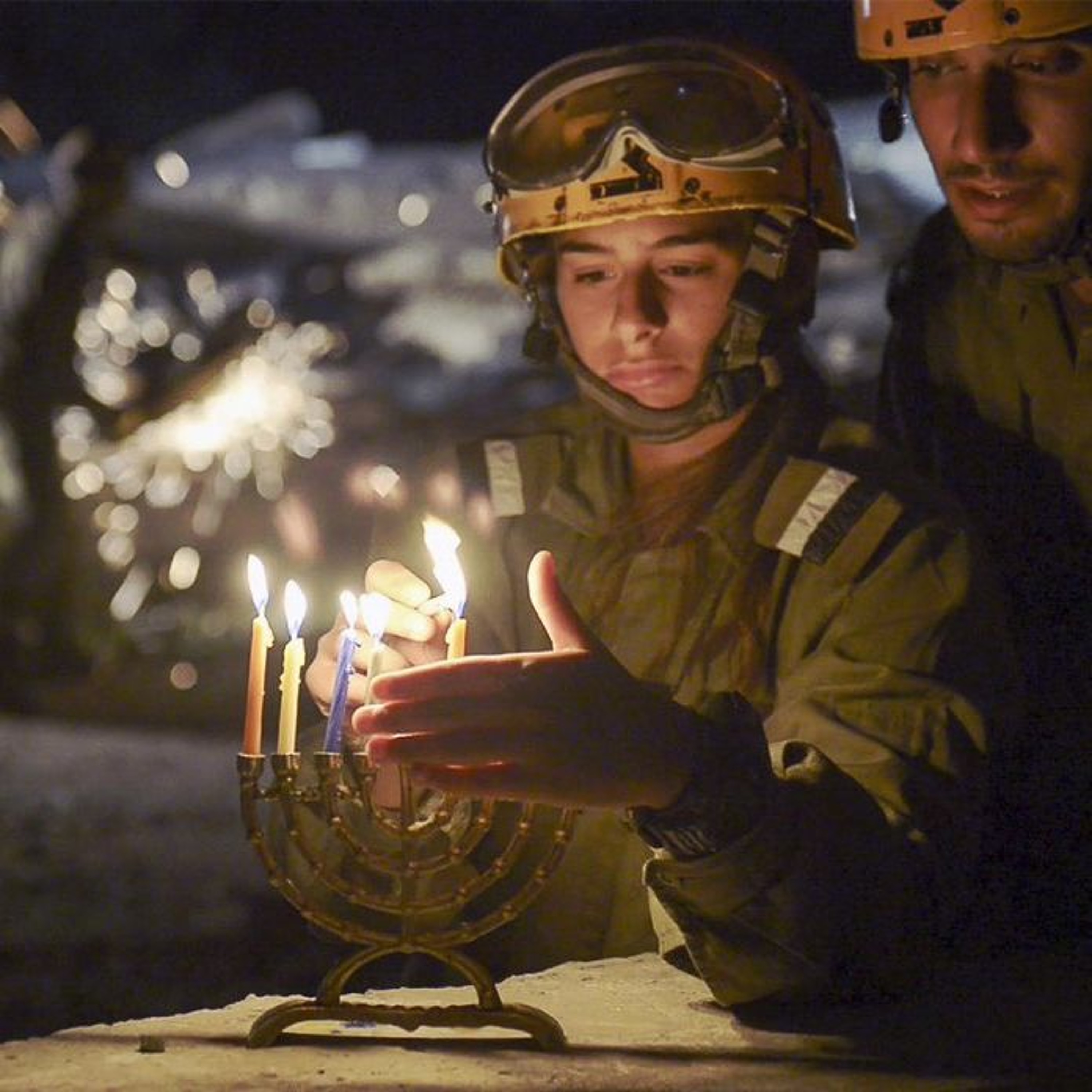

Parsha Talk Vayeshev, with Rabbis Eliot Malomet, Barry Chasler and jeremy Kalmanofsky. Hanukkah edition.
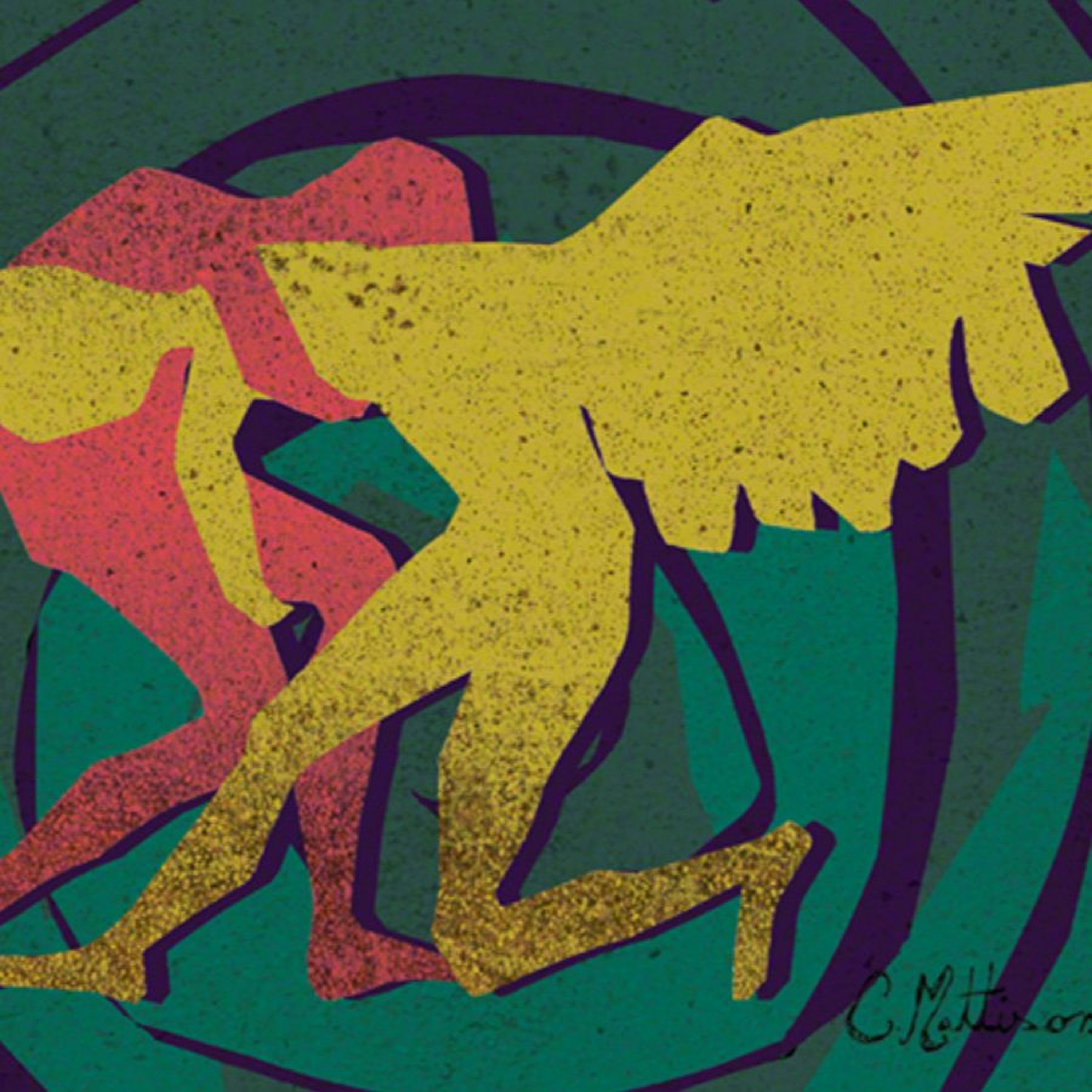

Parsha Talk with Rabbis Eliot Malomet, Barry Chesler and Jeremy Kalmanofsky. Parashat Va-yishlah [Genesis 32:4–36:43] features, among other things, Jacob’s wrestling match with an angel, the meeting with Esau after a twenty-year absence, the disconcerting story of Dinah, the genealogy of Esau, and a list of kings of Edom. We spent a fair amount of time on the story of Dinah, discussing it in a way that is unlike any previous conversations we have had on this story, at least if memory serves correctly! Comments and criticisms are welcome below or at parshatalk@gmail.com. As always our thoughts are with Israel, both עם [am, people] and מדינה [m’dinah, political entity or state]. May those held hostage be returned to their families, may the soldiers defending Israel be removed from harm’s way. Shabbat Shalom.


Parsha Talk with Rabbis Eliot Malomet, Barry Chesler and Jeremy Kalmanofsky. Parashat Va-yetze [Genesis 28:10–32:3] is a personal favorite, in that it is my Bar Mitzvah portion. Coincidentally [or not] it is the Bat Mitzvah portion of my wife, Carol. And, my Hebrew name is יעקב [ya’aqov, Jacob], who is the main character. The parashah begins with Jacob heading northeast, to the land of his uncle Lavan, as he flees from his brother Esau. The parashah ends with Jacob on his way back to Canaan, with two wives and two handmaidens s, in tow, with 12 children [11 boys and a girl], and much flocks, preparing to meet his brother after 20 years.. The parashah begins with a divine encounter, the angels going up and down the ladder, and ends with one, after Jacob concludes his treaty with Lavan. This parashah seems particularly rich, though we say that almost every week. We confine our conversation to the scene at the well, and how that shapes our understanding of the characters involved and the events that subsequently unfold. Our thoughts and prayers continue to be with the hostages, the soldiers who defend Israel, and the people Israel [both of the מדינה (m’dinah, state) and of the עם [am, nation or people we call Jews). May all who are separated from their families and homes be returned to them speedily and in peace. Shabbat Shalom.


Parsha Talk with Rabbis Eliot Malomet, Barry Chesler and Jeremy Kalmanofsky. Parashat Toldot [Genesis 25:19–28:9] is the sixth of the weekly parashiyot in the Book of Genesis. The toldot, or generations, from which the parashah takes its name, belong to Isaac. Eilleh toldot yitzhaq ben avraham, avraham holid et yitzhaq: this is the story of Isaac, son of Abraham; Abraham begot Isaac. After a couple stories about Isaac, one of which concerns the birth of Jacob and Esau, the narrative frame shifts to Jacob and Esau. Part of our conversation is devoted to an evaluation of Isaac as patriarch. Does he have what it takes? We began outside the box, so to speak, taking note of the passing of three teachers at the Seminary when we were students: Dr. Sam Klagsbrun, Dr. Israel Francus, and Dr. Avraham Holtz. We shared some memories of each of them. We also reflected on the Rally for Israel on Tuesday. Each of us went, but we did not manage to see each other. Apparently it is not so easy to find people in a crowd of nearly 300,000 with spotty cell service! Finally, we got to the parashah! We hope you enjoy the conversation. Shabbat Shalom!
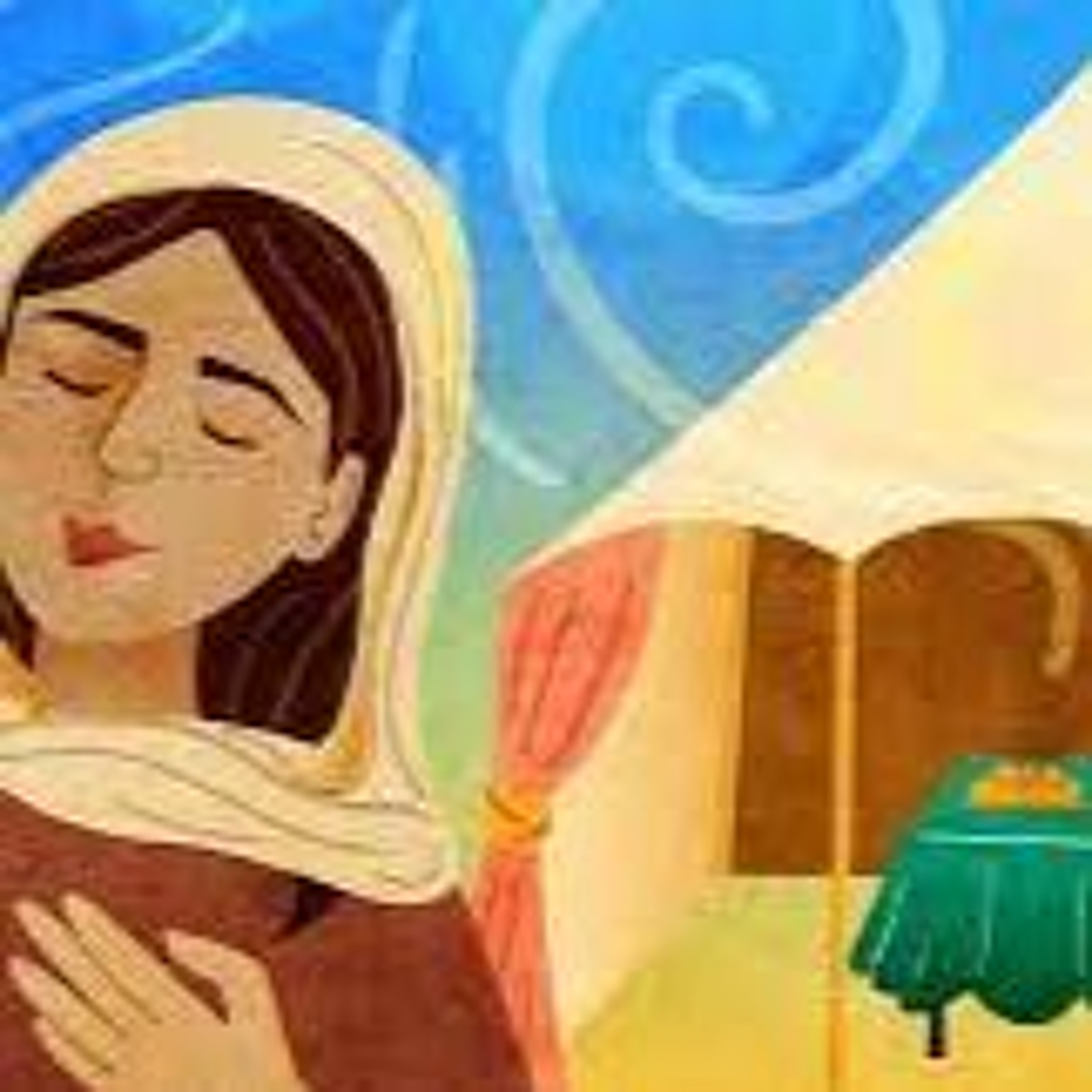

Parsha Talk with Rabbis Eliot Malomet, Barry Chesler and Jeremy Kalmanofsky. Parashat Hayyai Sarah [23:1–25:18] is the fifth of the weekly parashiyot in Sefer B’reshit [the Book of Genesis]. It begins with the death notice of Sarah, and continues with the first acquisition of land by Avraham in Canaan. This is the basis of the subsequent Jewish claim to the Land. Canaan is the place where Avraham the Hebrew buried his dead. In fact, this burial is the first mention of burial in the Torah. Heretofore, the death notice was simply a death notice, often accompanied with a note on the years the deceased lived. But now, we find Avraham engaging in negotiations to acquire land to bury his dead. A piece of the land now belongs to him, and to his descendants. The story continues with Avraham now seeking to find a wife for his son Isaac. He sends his servant back east, to the ancestral homeland, to see if he might find a woman willing to come to Canaan. That woman is Rebecca, who we have had occasion to refer to as the Patriarch, so to speak, of the second generation. The parashah continues with the marriage of Avraham to K’turah [later to become the name of a kibbutz in the Negev], and the birth of six subsequent sons. The parashah ends with the death of Avraham, his burial at the Cave of Machpelah attended by both Isaac and Ishmael, and a genealogical line of Ishmael. In these difficult times we turn to Torah not only for learning and wisdom, but also for comfort. Jeremy spent several days in Israel as part of a mission under the auspices of the Masorti Movement, and he shared his impression of Israel a month after October 7th. We focused our discussion on נחמה [n’hamah, comfort] and ברכה [b’rakhah, blessing]. It has been said that it is not easy to be a Jew, and these days have made that clear yet again. We turn to the Torah, our people’s quest for the eternal, in the hope that in some way the eternal might conquer the temporary, that in the image of Psalm 126, what we sow in tears we might yet reap in joy. Shabbat Shalom.
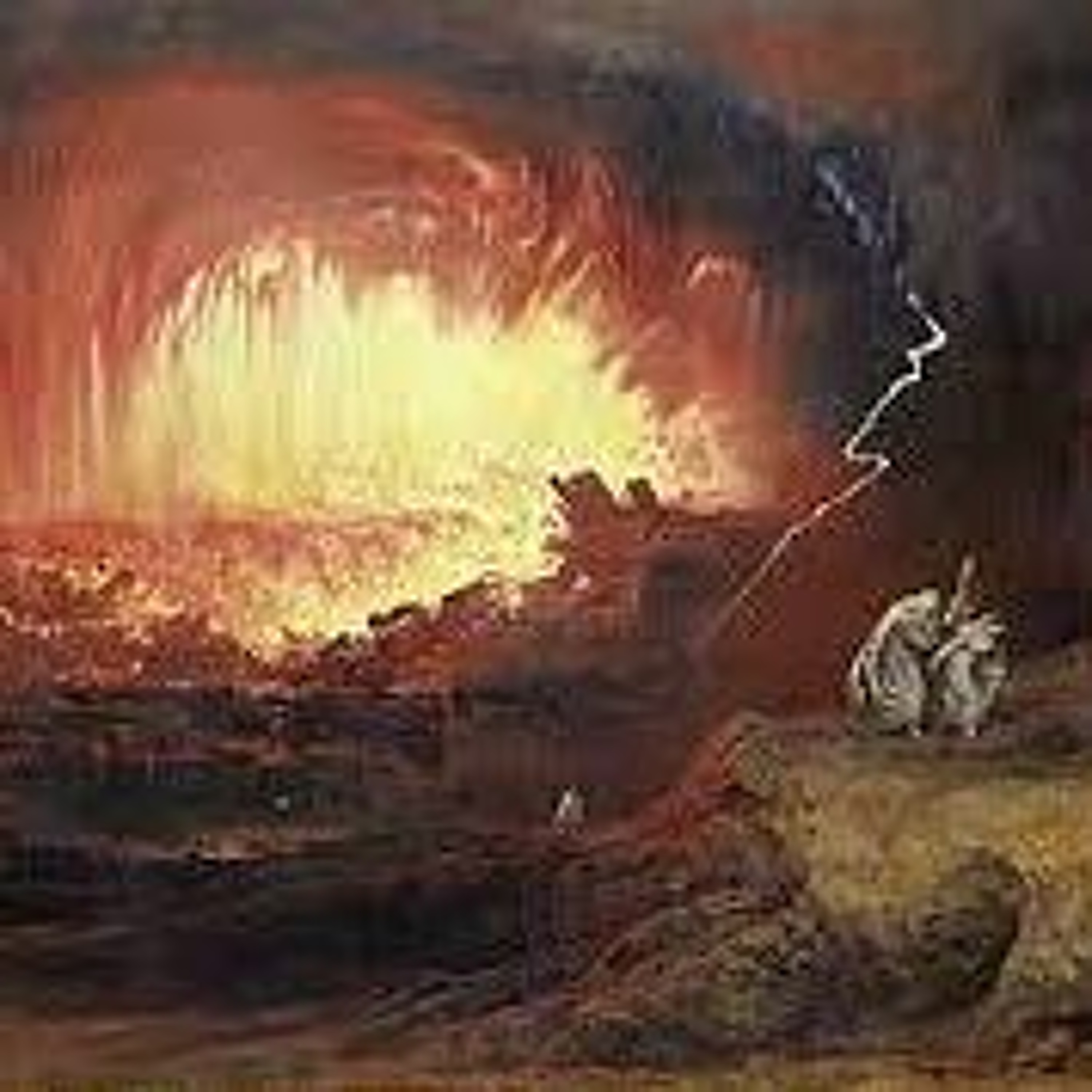

Parsha Talk with Rabbis Eliot Malomet, Barry Chesler and Jeremy Kalmanofsky. Parashat Va-yera [Genesis 18-22] is the 4th weekly parashah in the Book of Genesis. It primarily consists of a series of events in the life of Abraham: the visitation of the angels/messengers of God with the news that Sarah will give birth to a son, Avraham’s discussion with God over the fate of Sodom and Gomorrah, a second iteration of the wife-sister story, this time featuring Avimelekh instead of Pharaoh, and the binding of Isaac. There are also stories about the fate of Lot and his family who had been living in Sodom and Gomorrah, and the expulsion of Hagar and Ishmael, a story to which Avraham is only tangentially connected. Any one of these is worthy of an extended discussion; we chose to focus on the discussion between God and Avraham over the fate of Sodom and Gomorrah, going verse by verse until we ran out of time. The story resonates with the political situation today; while we do not necessarily look to the Torah for the solutions to today’s problems, we do use it to help us frame our discussion of modern issues. Please let us know what you think either here or at parshatalk@gmail.com. With continued prayers that all hostages are returned to their families and that soldiers are removed from harms’ way. Shabbat Shalom!
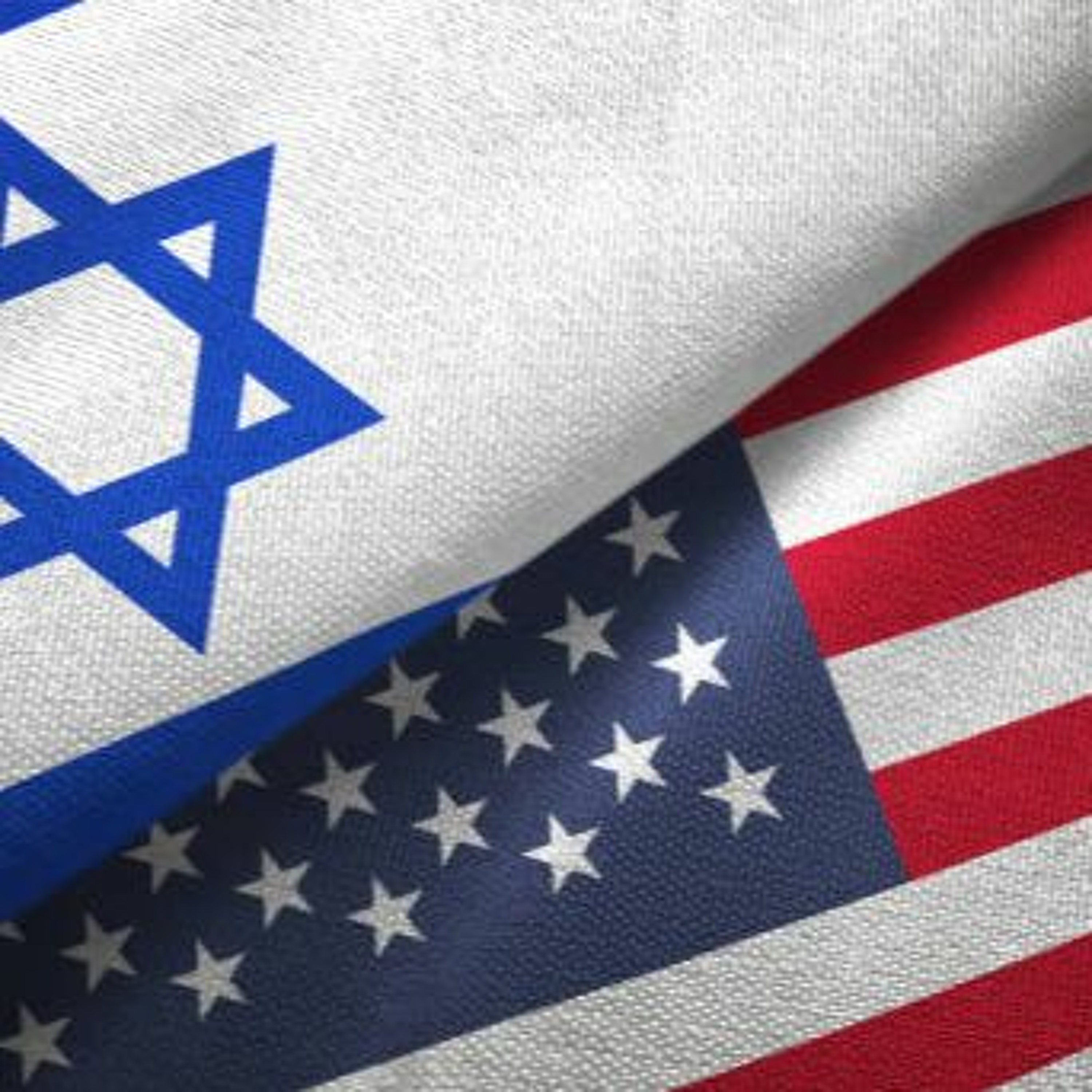

Parsha Talk - with Rabbis Eliot Malomet, Barry Chesler and Jeremy Kalmanofsky. Parashat Lekh L’kha [Genesis 12:1–17:27] is the third parashah in the Book of Genesis. It opens with God’s dramatic call to Avram, instructing him to leave “his land, his birthplace, his father’s house, to go to the land that I [God] will show you”. Because this is the opening verse of the new parashah, it is easy to forget that Avram has already left his land and his birthplace with his father Terah, his nephew Lot, and his wife Sarai for the land of Canaan, making it as far as Haran, just two verses ago. This call to Avram is the beginning of Jewish peoplehood [if we allow for anachronism]. What distinguishes the journey in chapter 12 from the one at the end of chapter 11 is the voice of God. Avram not only hears the voice of God, he follows it. He allows God to lead him. What follows in the parashah are a number of events both in and out of the land, events of moral complexity which lead Avram to Egypt, to a war in the neighborhood, a separation from his nephew Lot, and a covenant with the promise of an heir for the renamed Avraham and his heretofore barren wife. With such a rich parashah, we could not get to everything, but we did talk for quite a while! We hope you enjoy it. Shabbat Shalom!
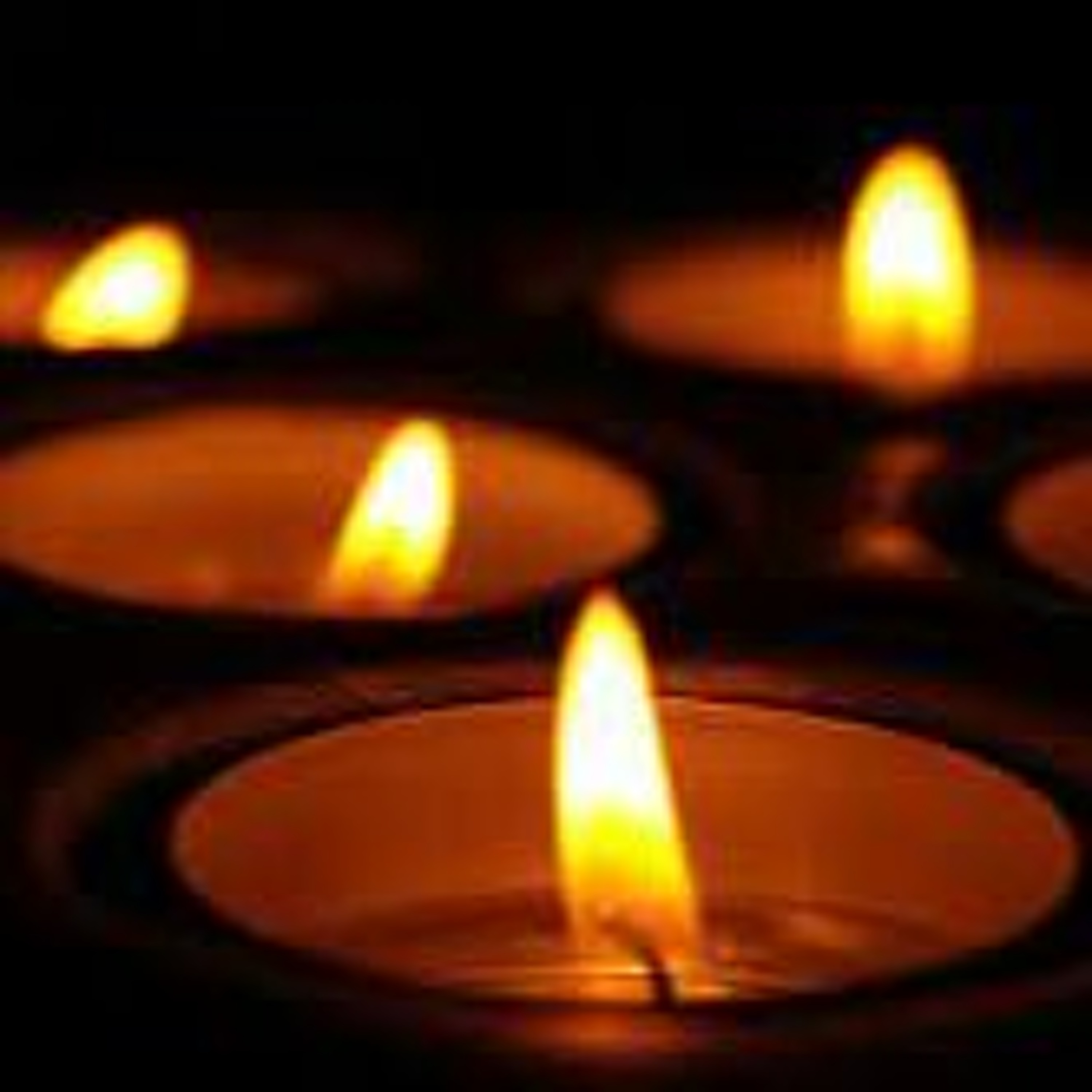

Parsha Talk with Rabbis Eliot Malomet, Barry Chesler and Jeremy Kalmanofsky. Parashat Noah [Genesis 6:10–11:32] is the second parashah in the Book of Genesis. The main story in the parashah is the flood that God brings in order to destroy God’s creation, to begin again with Noah, his wife, their three sons, and their wives. Our tone was more somber than usual, in the wake of the news in Israel since Sh’mini Atzeret/Simhat Torah. We call the Torah a tree of life to those who hold fast to it; when the events of the day threaten to restore the pre-Creation chaos, the tohu va-vohu of Genesis 1:2, we cling to what we can. For us as Jews, it is Torah, and for the three of us, it is our weekly conversation about the parashah. Our thoughts and prayers are with Israel: the Land, the State, the People. We say Shabbat Shalom about time; in the qaddish we express our wish for peace about space: עושה שלום במרומיו הוא יעשה שלום עלינו ועל כל ישראל ועל כל יושבי תבל – May God who makes peace from God’s heights, grant peace to us, to all Israel, and to all who dwell on earth. Amen.
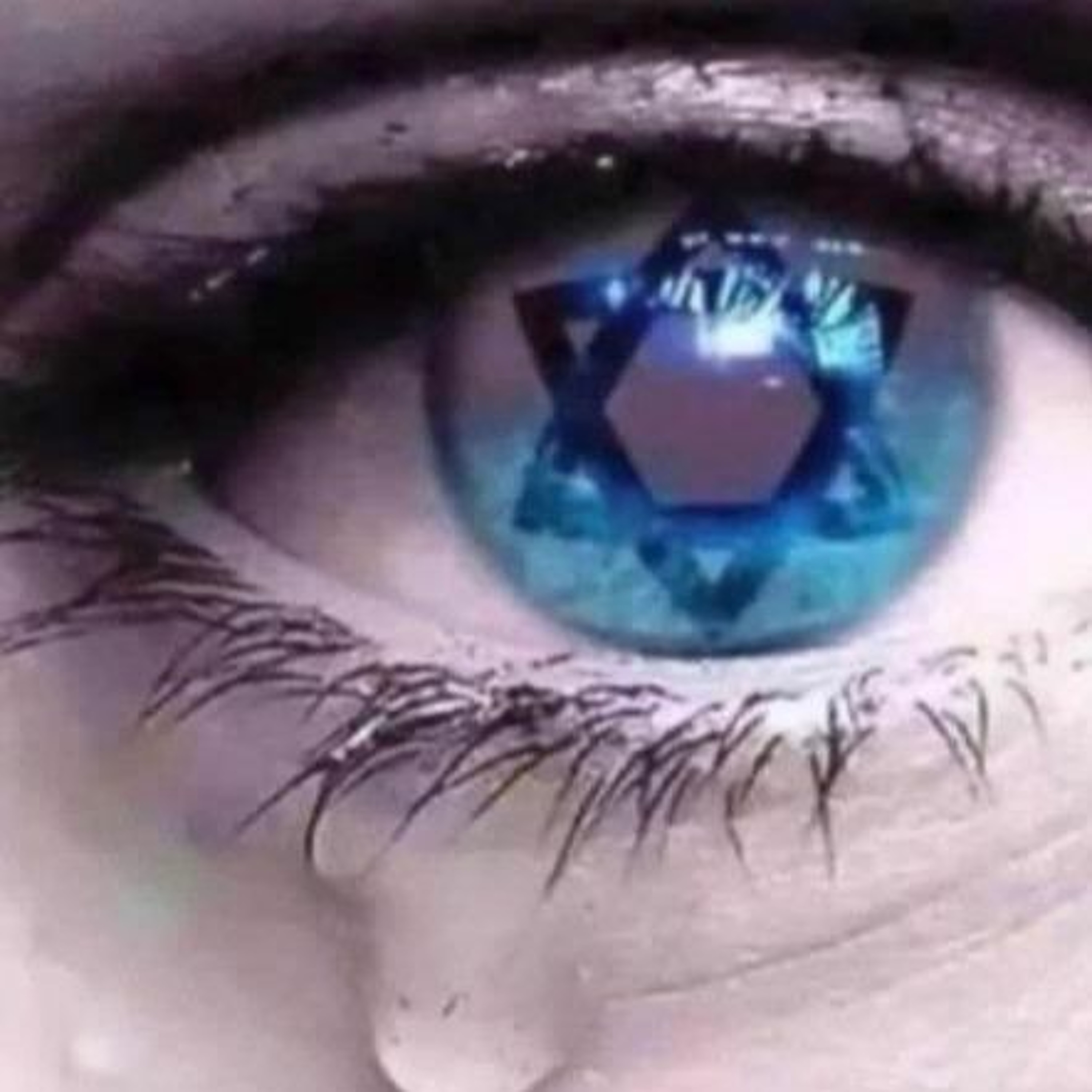

Rabbis Eliot Malomet, Barry Chesler and Jeremy Kalmanofsky. Pre-recorded last week.
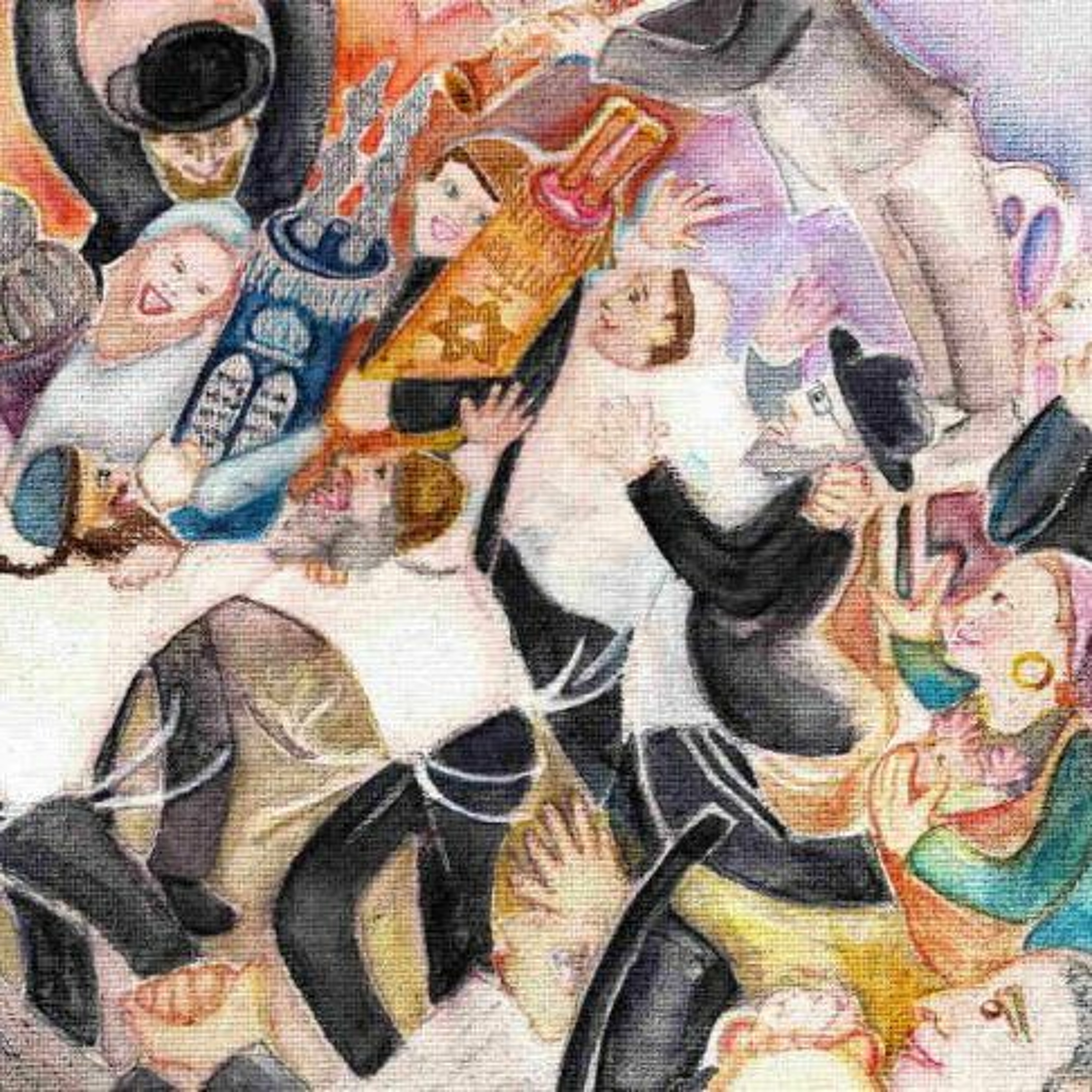

Parsha Talk with Rabbis Eliot Malomet, Barry Chesler and Jeremy Kalmanofsky. Because Sh’mini Atzeret and Simchat Torah fall on Shabbat and Sunday, we have another special edition of Parashah Talk. The parashah for this Shabbat is Deuteronomy 14:22–16:17, from parashat Re’eh, which is also read on the last day of Passover and second day of Shavuot. It is Deuteronomy’s festival calendar. Ironically, this calendar does not mention Sh’mini Atzeret. Our conversation took up in turn, the holidays of Hoshanah Rabbah [Friday, October 6], Shmini Atzeret [Shabbat, October 7], and Simchat Torah [October 8]. Next week we return to the regular weekly parashah, as we start the Torah reading cycle over, with Bereshit [Genesis 1:1–6:8]. At this time of year, with the conclusion of the long holiday season in sight, I am reminded of President Ford’s comment when he assumed office in August, 1974: Our long national nightmare is over. Regularity and routine never looked so good! Shabbat Shalom & Chag Same’ach!!
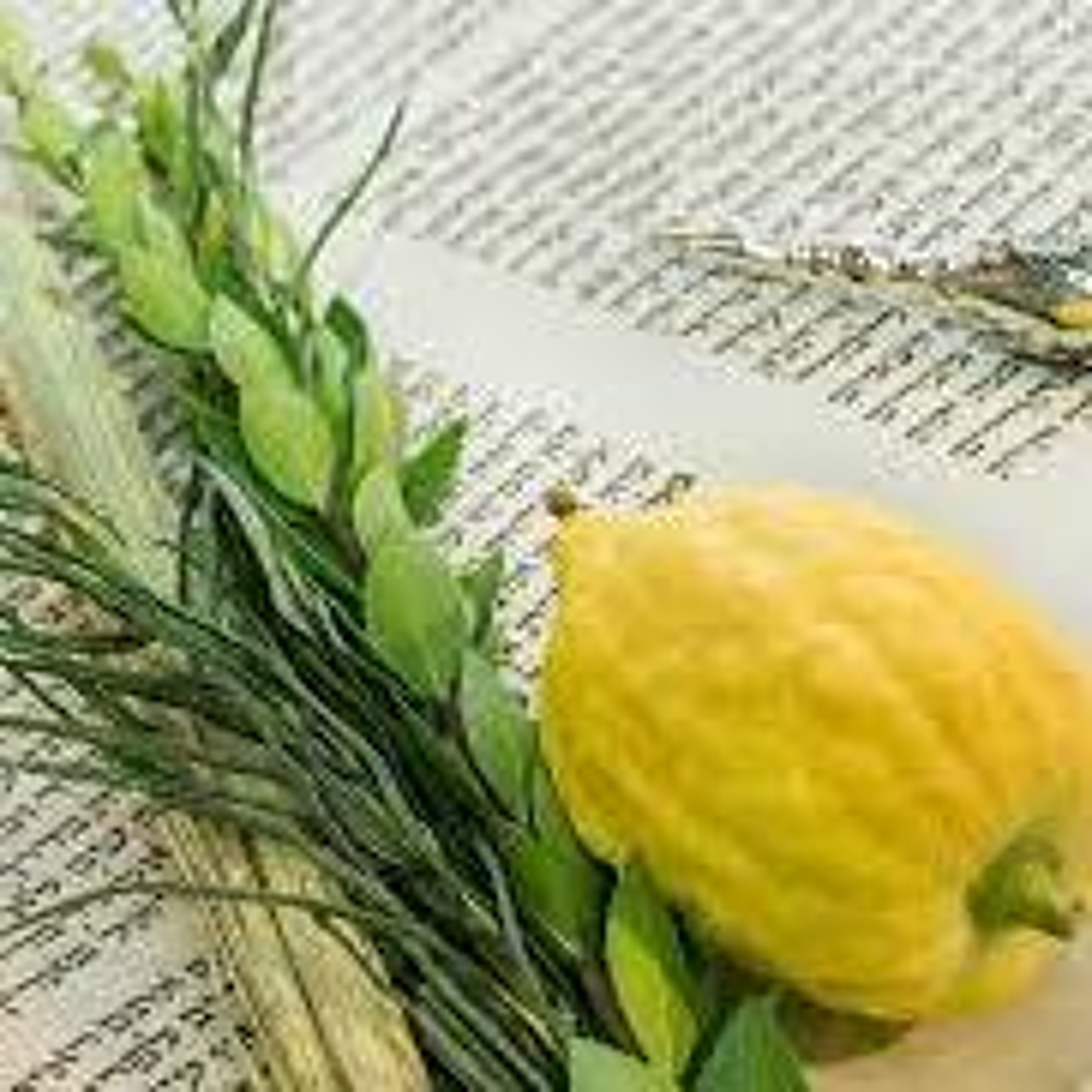

Parsha Talk - with Rabbis Eliot Malomet, Barry Chesler and Jeremy Kalmanofsky. The parashah this week is a special Torah Reading for Sukkot. This may be familiar to those who remember the Torah reading from the second day of Passover, 6 months ago, and it will be repeated again on Sunday in communities observing two days of yom tov [holiday]. The Torah reading comprises the sacred calendar of Leviticus. Of special note is verse 23:40, from which the rabbis derive the commandment to gather the four species [etrog (citron), palm branch, myrtle, and willow] and 23:43, which gives the reason for building the sukkah, the temporary dwelling in which one lives during the holiday of sukkot. Our conversation focused primarily on the meaning of the holiday itself, and the symbolism of the sukkah. In hoping you enjoy it we are only underscoring a special commandment associated with Sukkot, v-samachta b-chagekha [Deuteronomy 16:14], to rejoice in the holiday. Shabbat Shalom and Chag Sa’me’ach!
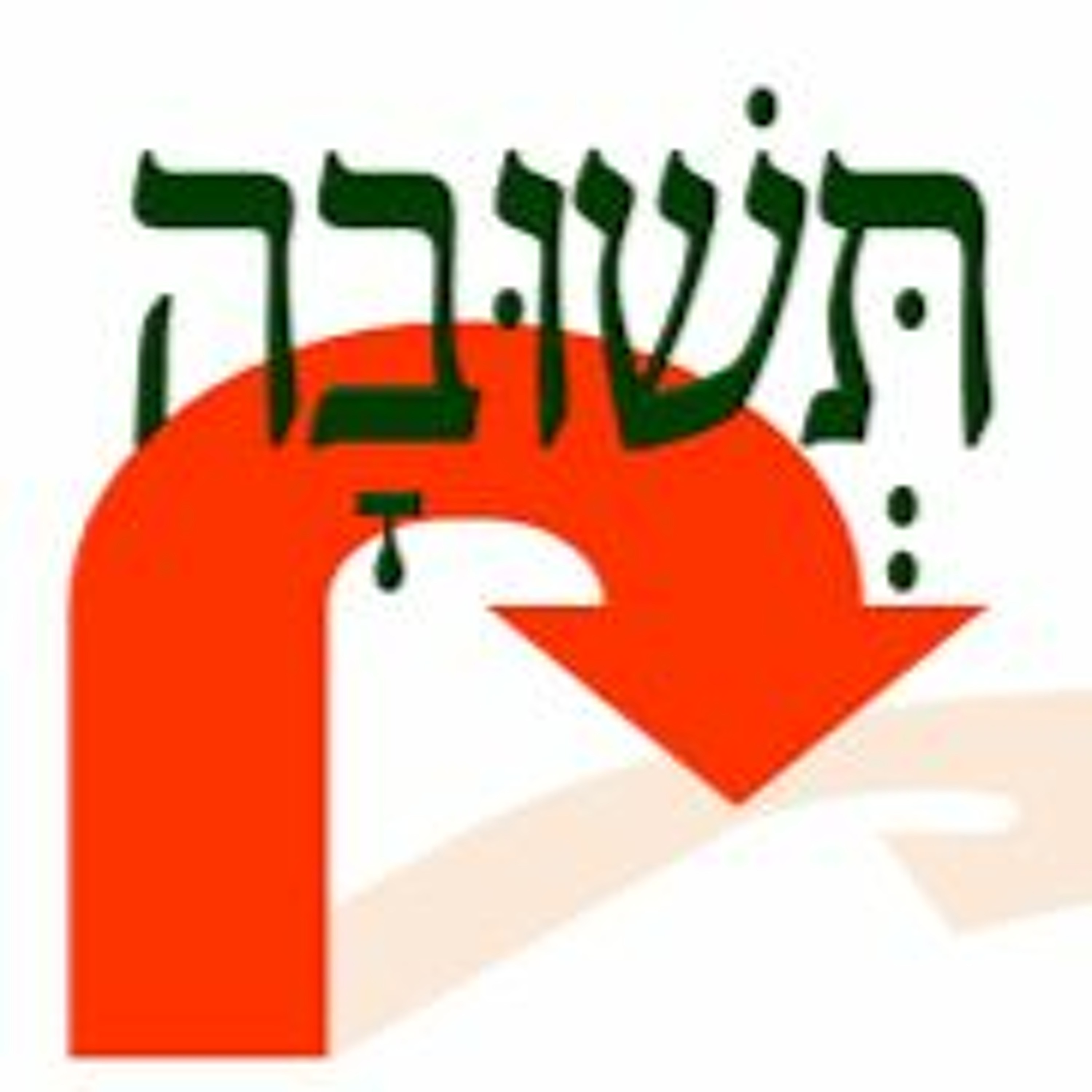

Parsha Talk with Rabbis Eliot Malomet, Barry Chesler and Jeremy Kalmanofsky. When either Rosh Hashanah or Yom Kippur falls on Shabbat, this week’s parashah, Ha’azinu [Deuteronomy 32] is also Shabbat Shuvah, with a special haftarah [Hosea 14:2-10, Joel 2:15-27, according to the Ashkenazic tradition recorded in the Etz Hayim]. Though the Shabbat takes its name from the first word in the Hosea text [as Shabbat Hazon, the Shabbat before Tisha B’Av, takes its name from the first word of its haftarah, Isaiah 1:1-27, and Shabbat Nahamu, the Shabbat following Tisha B’av, takes its name from the first word of its haftarah, Isaiah 40:1-26 , the Shabbat is sometimes called Shabbat T’shuvah, the Sabbath of Repentance, after the season. Our conversation this week also took its cue from the season, and we devoted it entirely to a discussion of Yom Kippur, observed Sunday evening and Monday, September 24-25. Wishing everyone a Shabbat Shalom and a meaningful fast!


Parsha Talk with Rabbis Eliot Malomet, Barry Chesler and Jeremy Kalmanofsky. It is the week before Rosh Hashanah [which begins this Friday evening, September 15, 2023], so the weekly parashah is replaced by the special Torah readings for the holiday: on Saturday, Shabbat, we read Genesis 21; on Sunday, we read chapter 22. Rather than speak directly about the Torah reading this week, we spoke instead on the emotional highlights for us of Rosh Hashanah, and in particular, the prayers or texts that speak to us most directly. Unlike the other holidays, where we might prepare the house by removing hametz [leavened products] or prepare a temporary dwelling such as the sukkah [and even on Shavuot, we prepare cheesecake!], on the High Holidays we have the idea that we have to prepare ourselves. We hope our conversation helps you get ready in a meaningful way. לשנה טובה תכתבו ותחתמו! [L-shanah tovah tikatevu v-te’chatemu]. May you and yours be inscribed and sealed for a good year!!
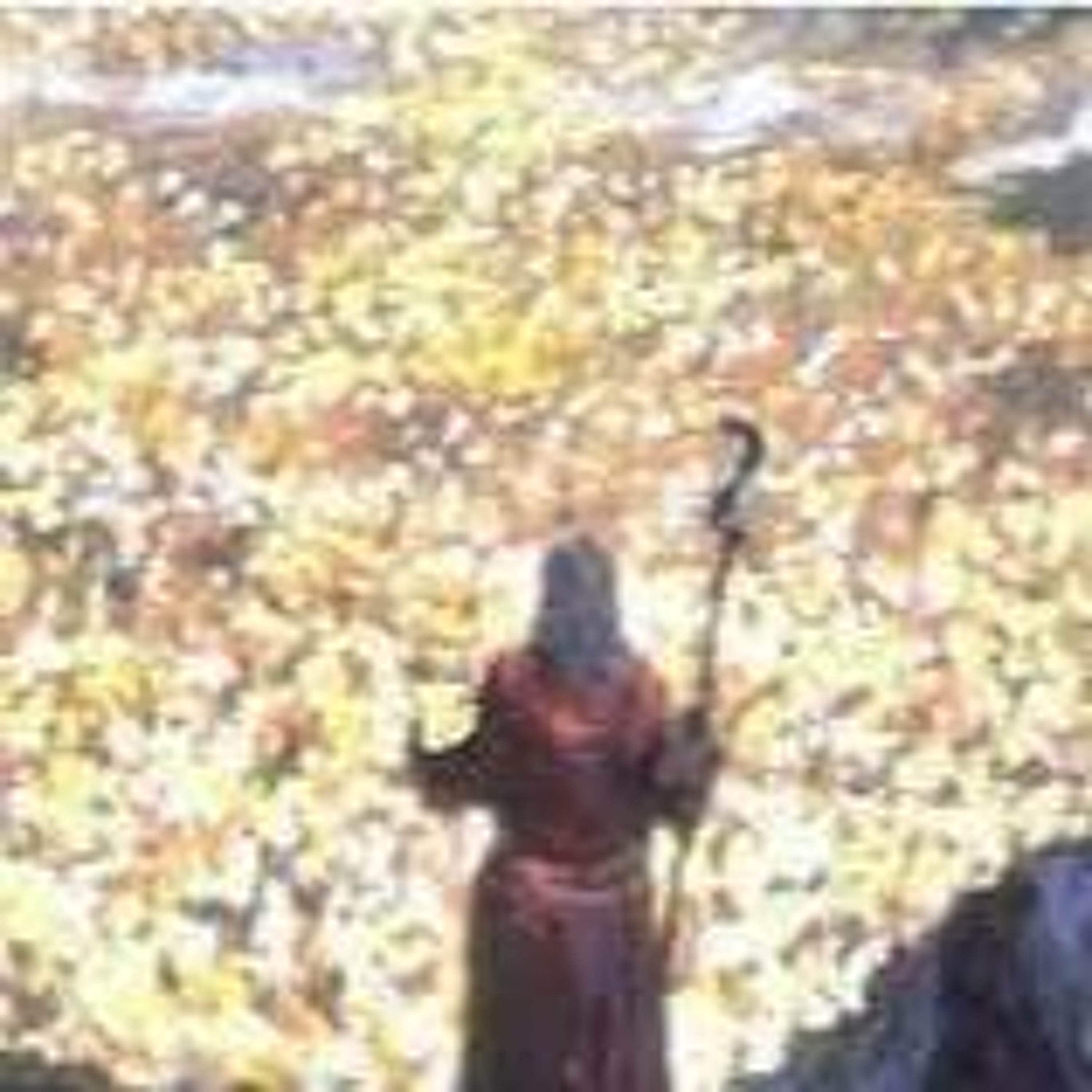

Parsha Talk with Rabbis Eliot Malomet, barry Chesler and Jeremy Kalmanofsky. This week’s double parashah Nitzavim/Va-yelekh [Deut. 29:9–31:30] is relatively short yet contains memorable lines and ideas that have had a kind of an afterlife well beyond the Torah. The phrase lo bashamayim hee [Deut. 30:12], “it is not in heaven” figures prominently in one of the great talmudic stories, The Oven of Akhnai [b. Bava Metzia 59ab], and the command to choose life [u-vaharta ba-hayyim] is often cited in discussions governing moral choice. As the book of Deuteronomy winds to a close in the synagogue reading, the figure of Moses looms larger and larger, as does the seeming inability of the author, whoever that may be, to appropriately close the book. Deuteronomy seems to have a number of different endings, and we have yet to get to the concluding parashah. Thankfully, perhaps, our conversation did have an end. We hope you enjoy it! Shabbat Shalom!!